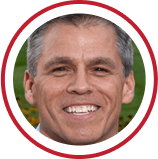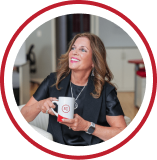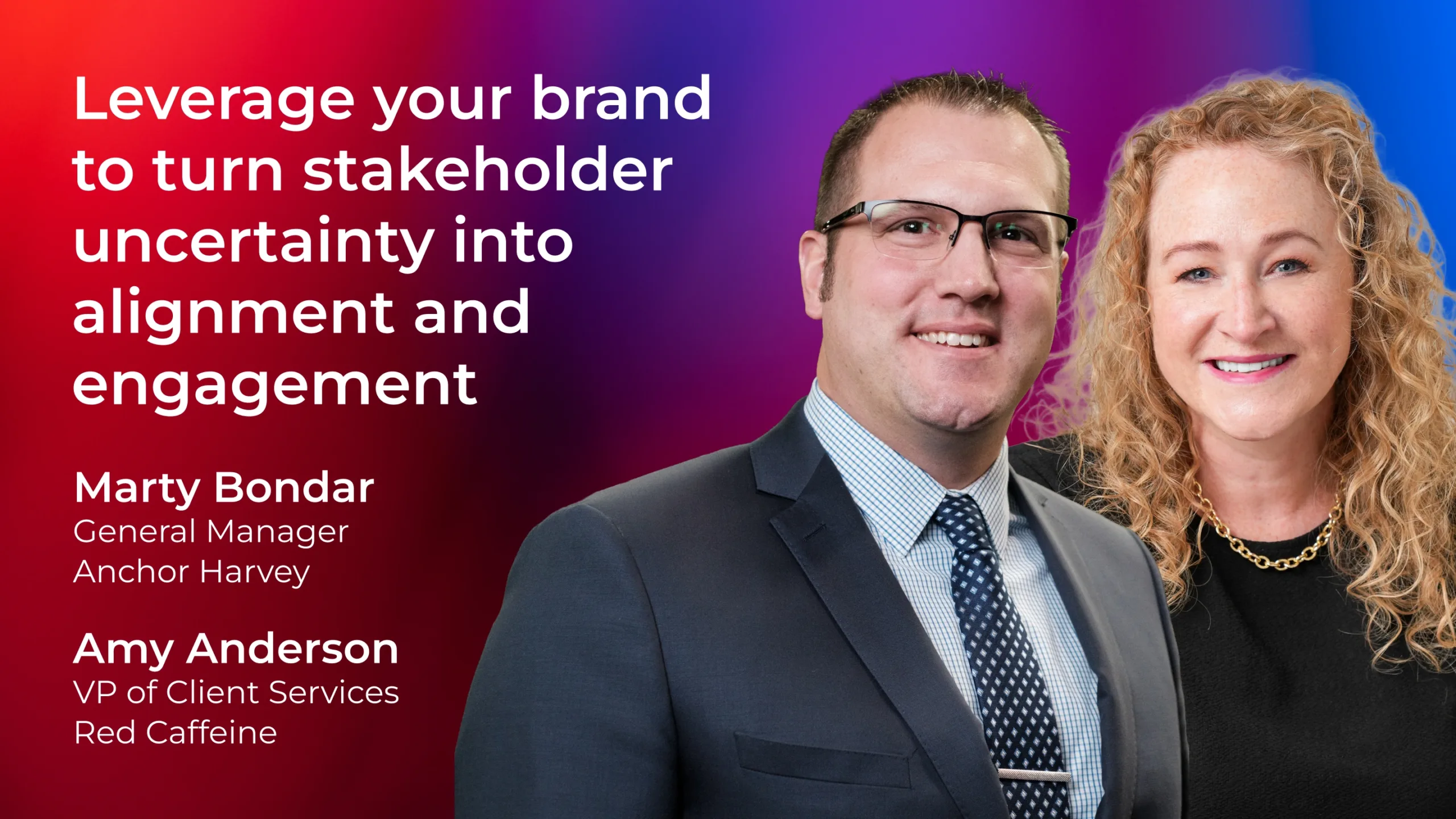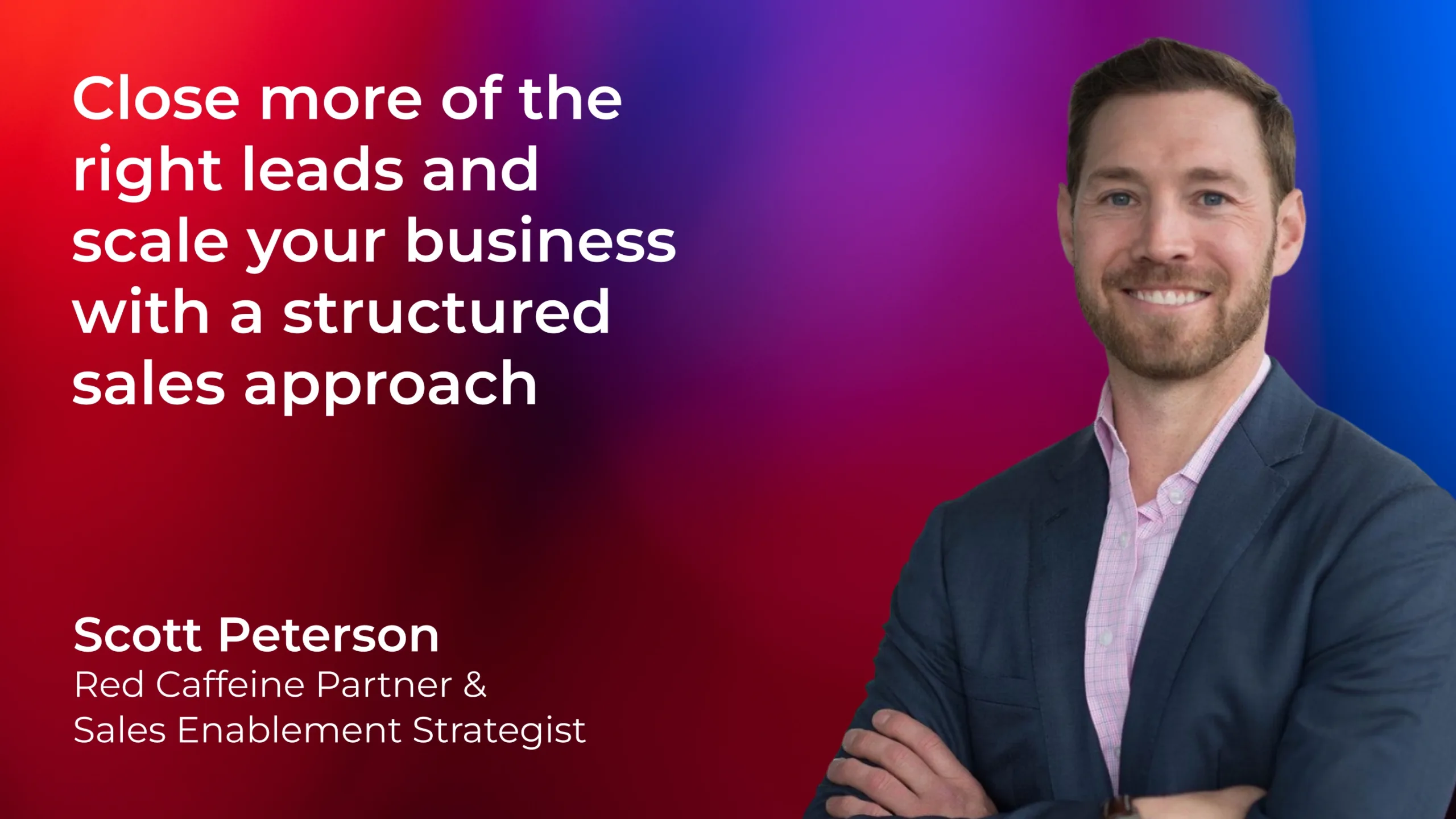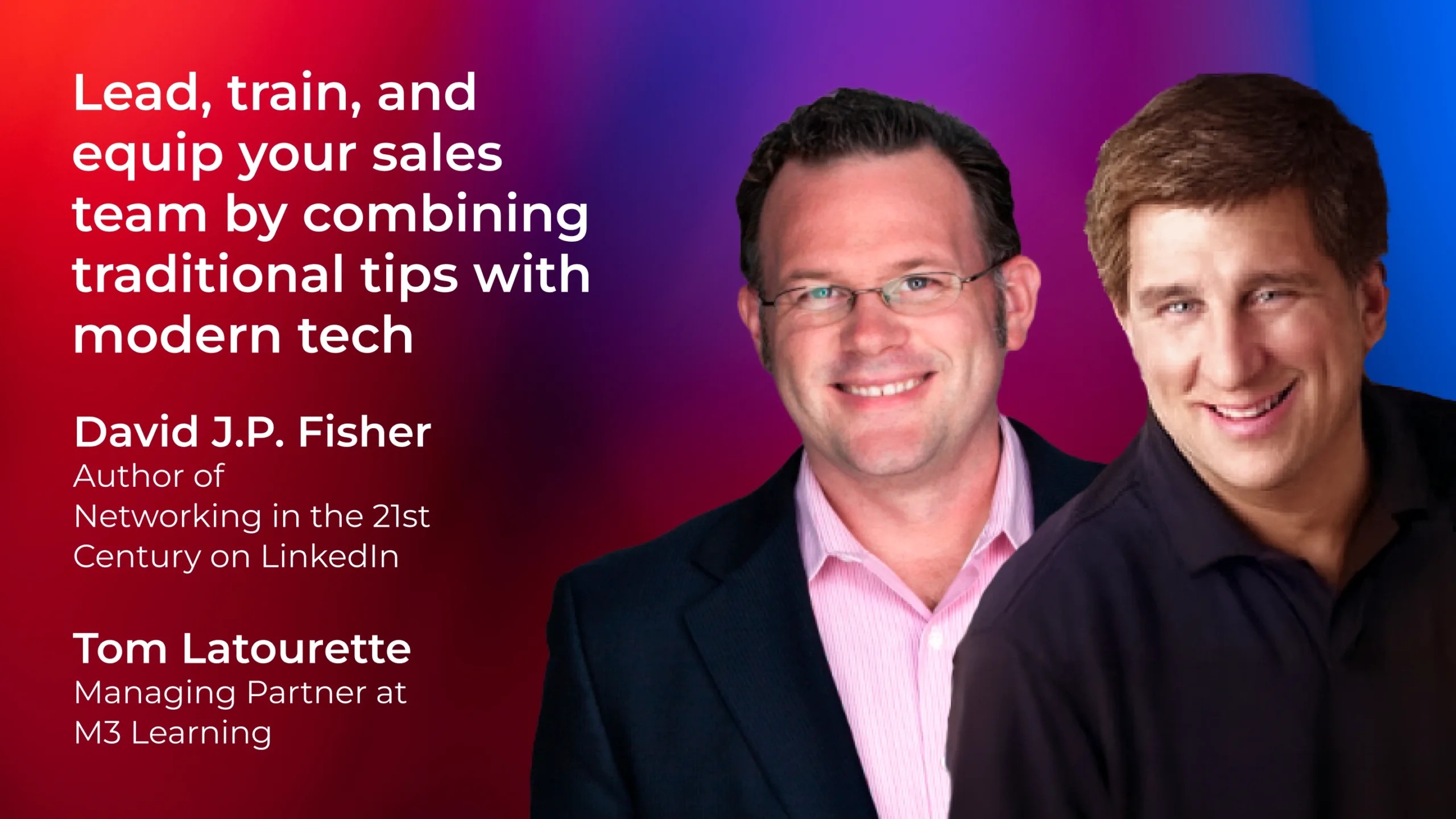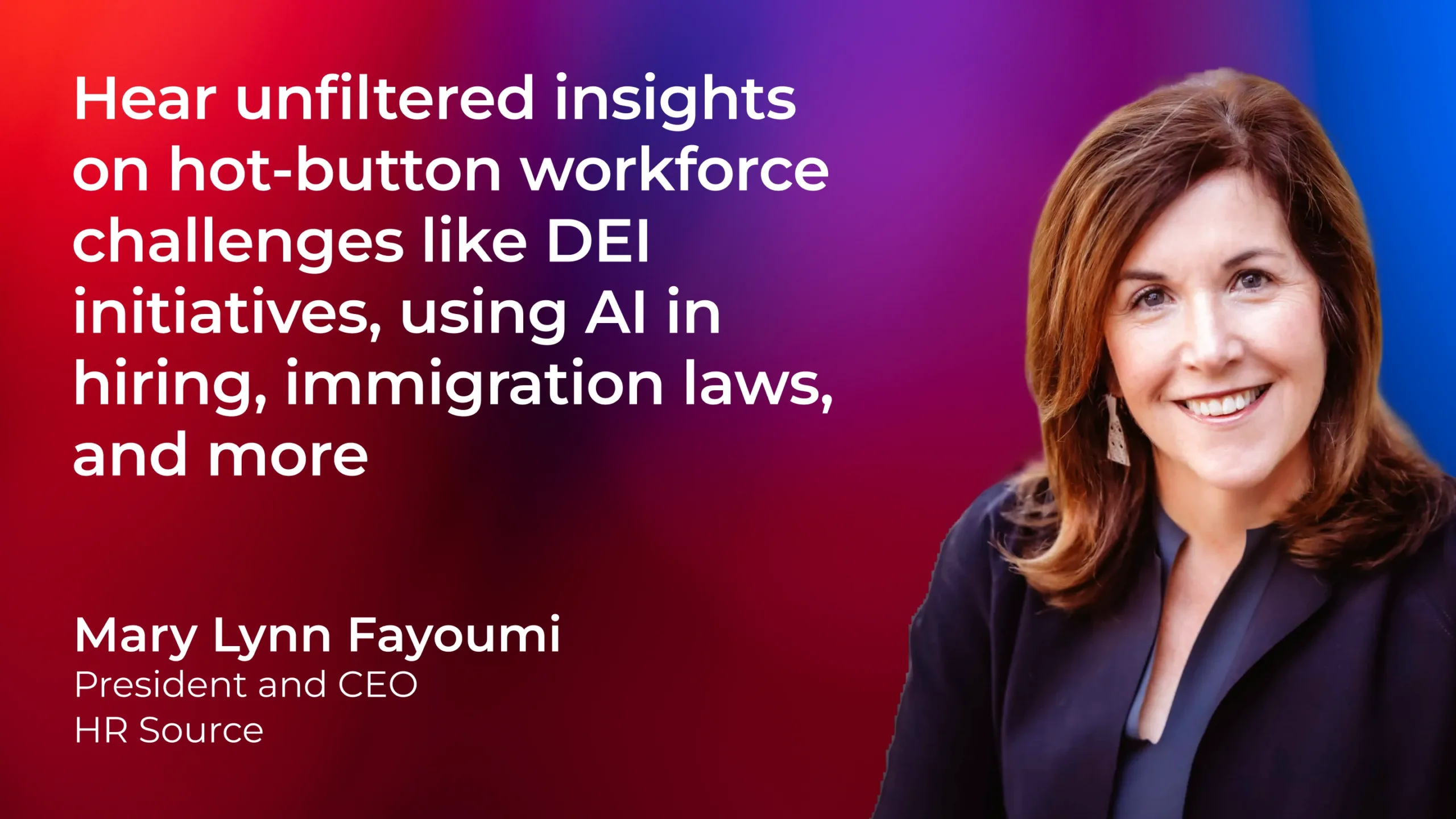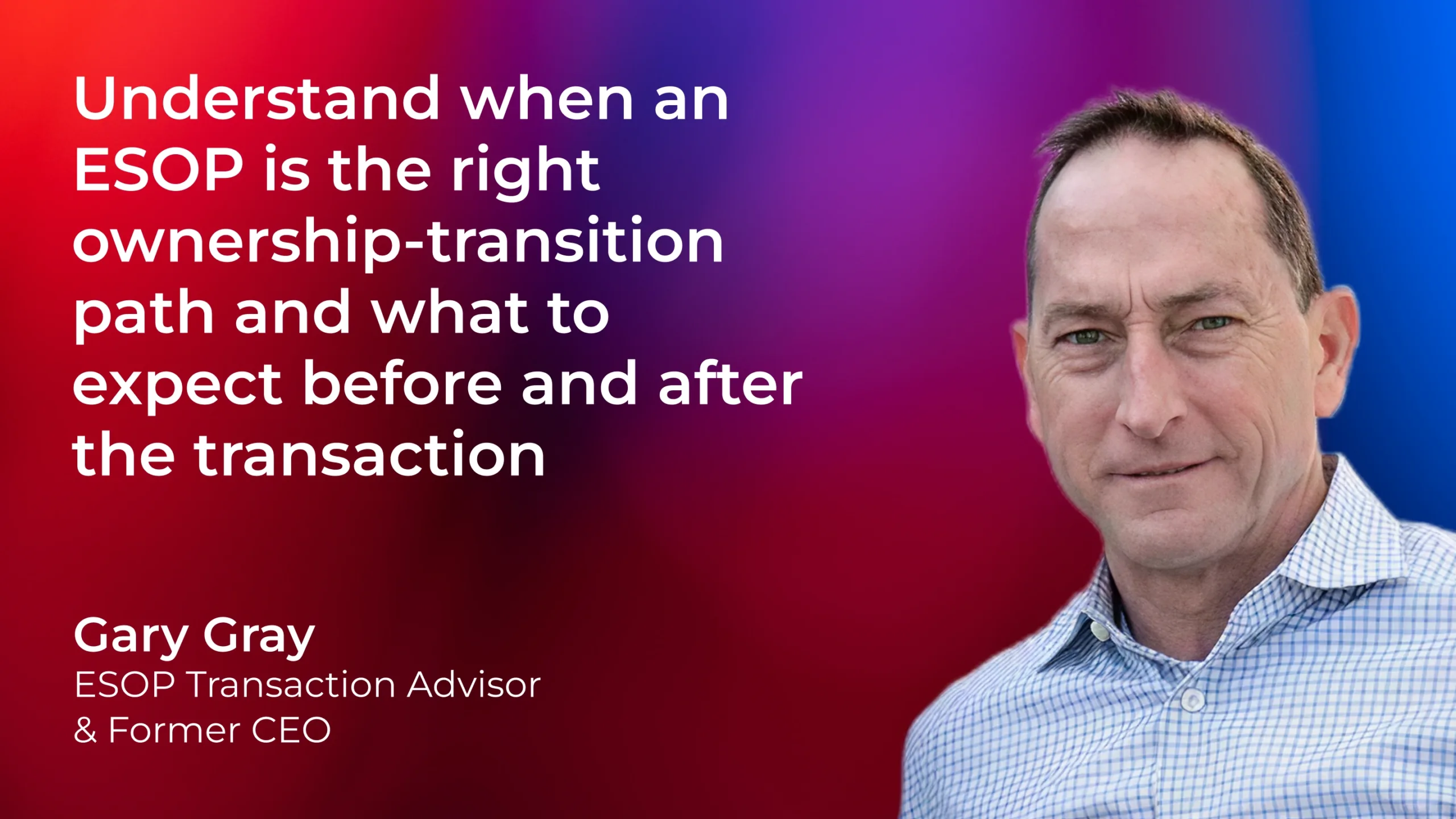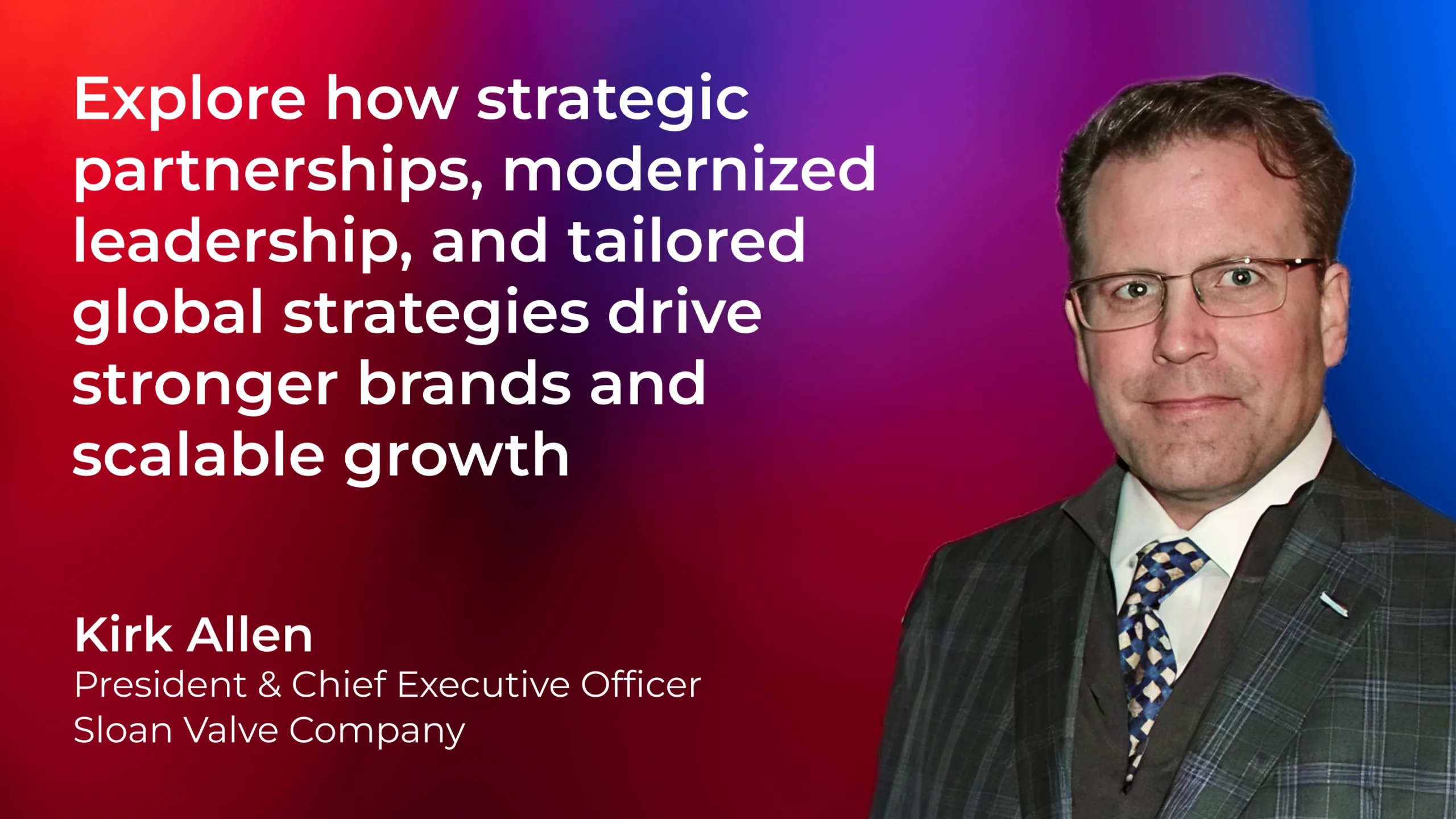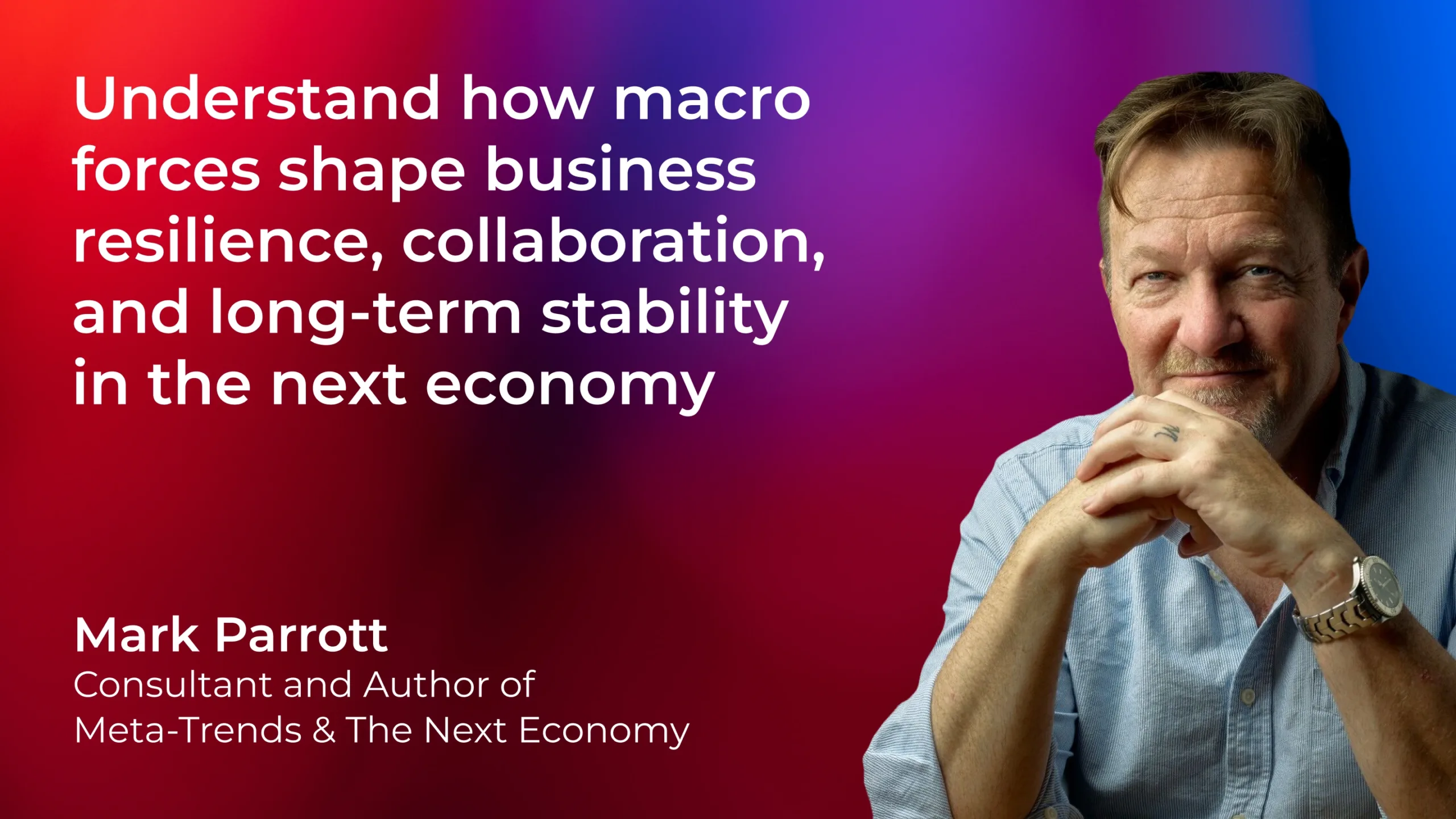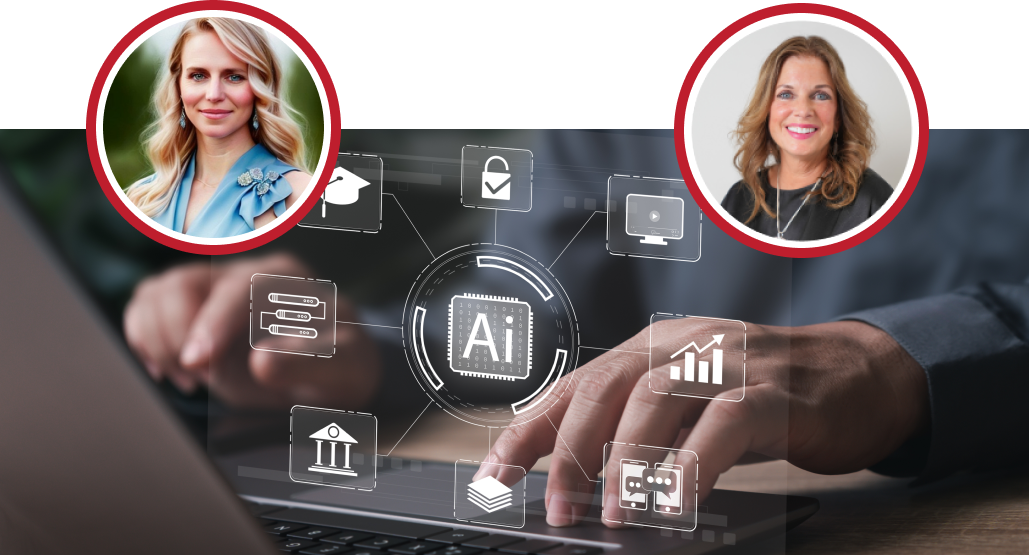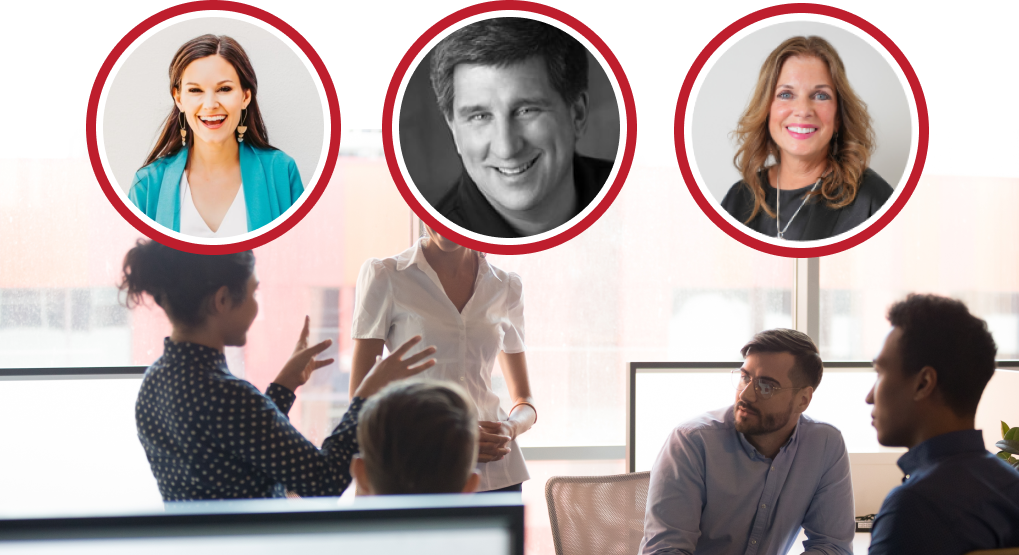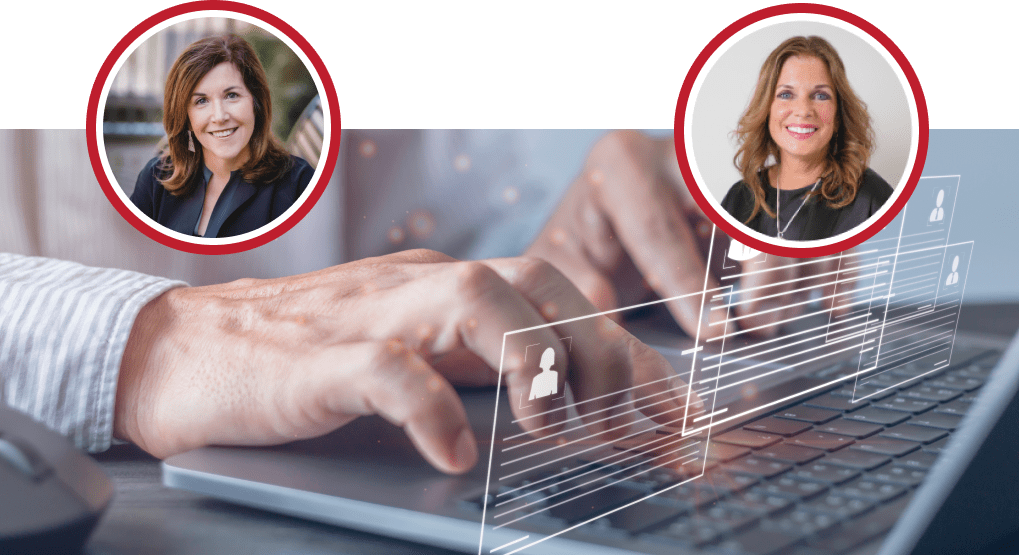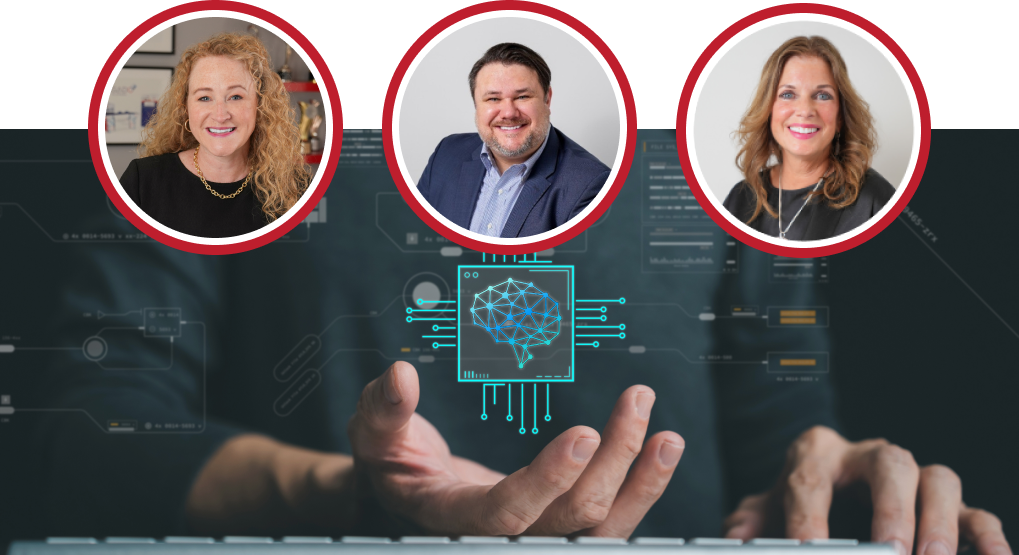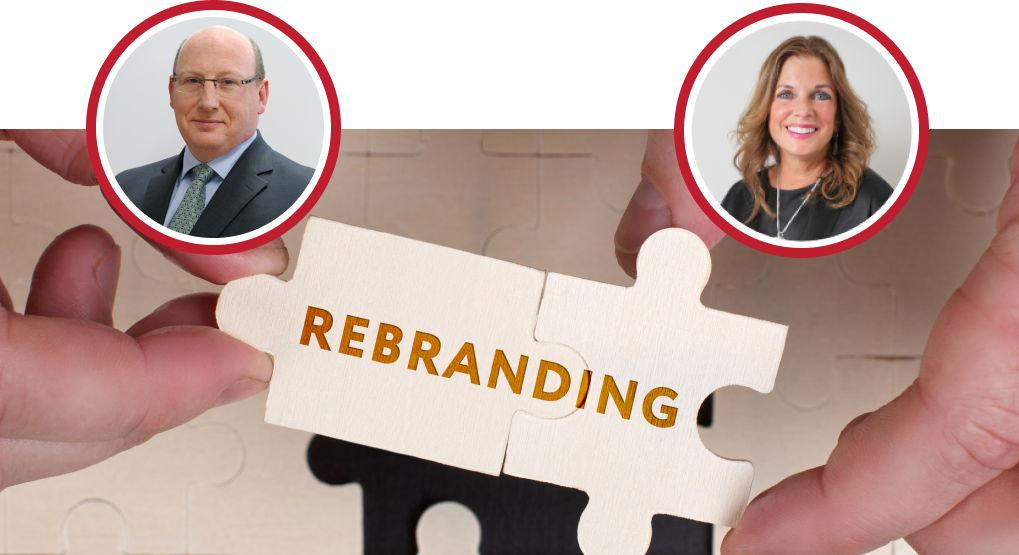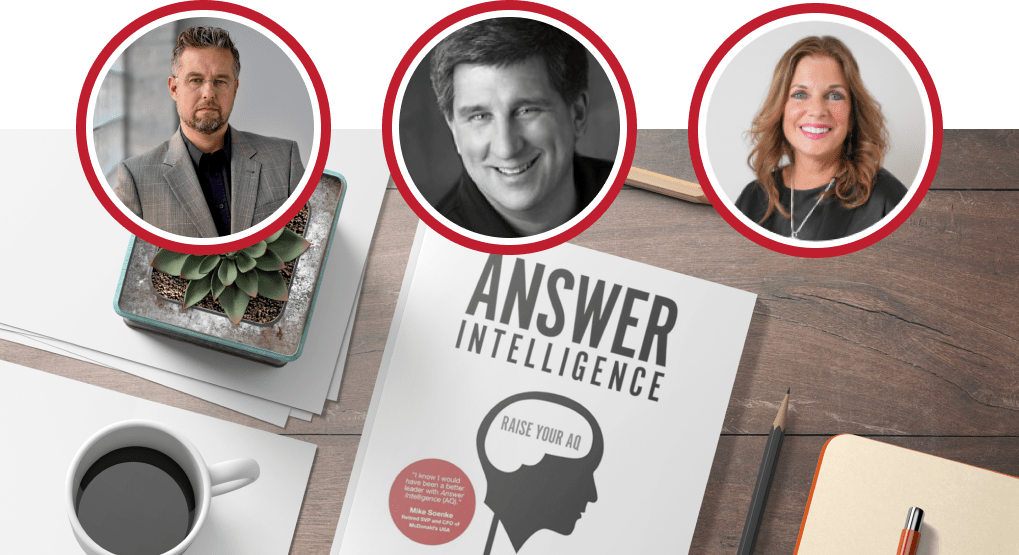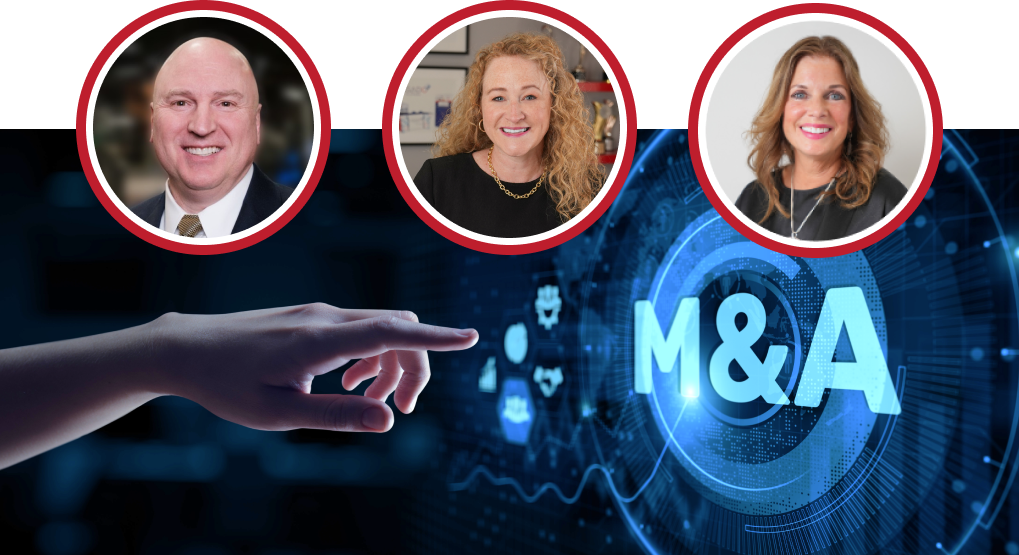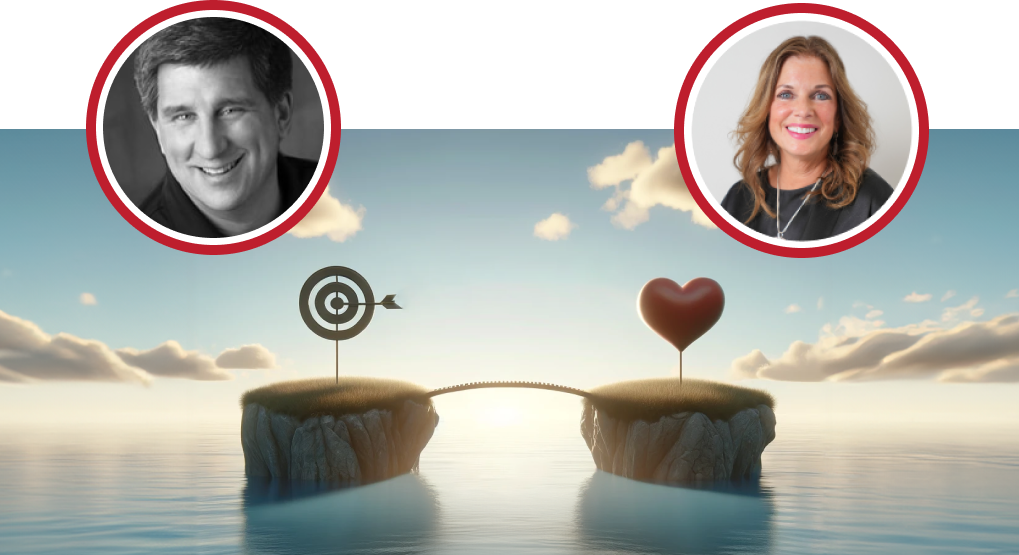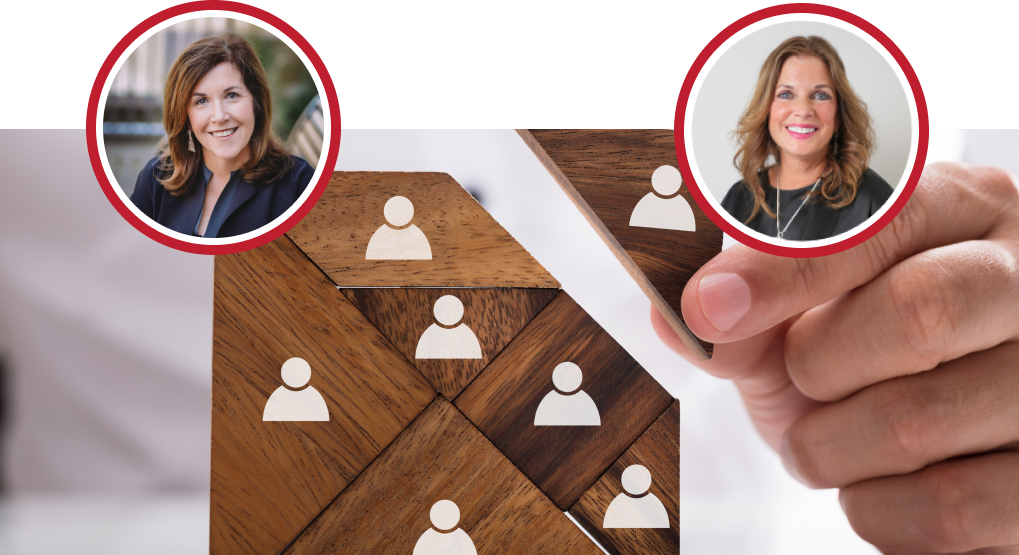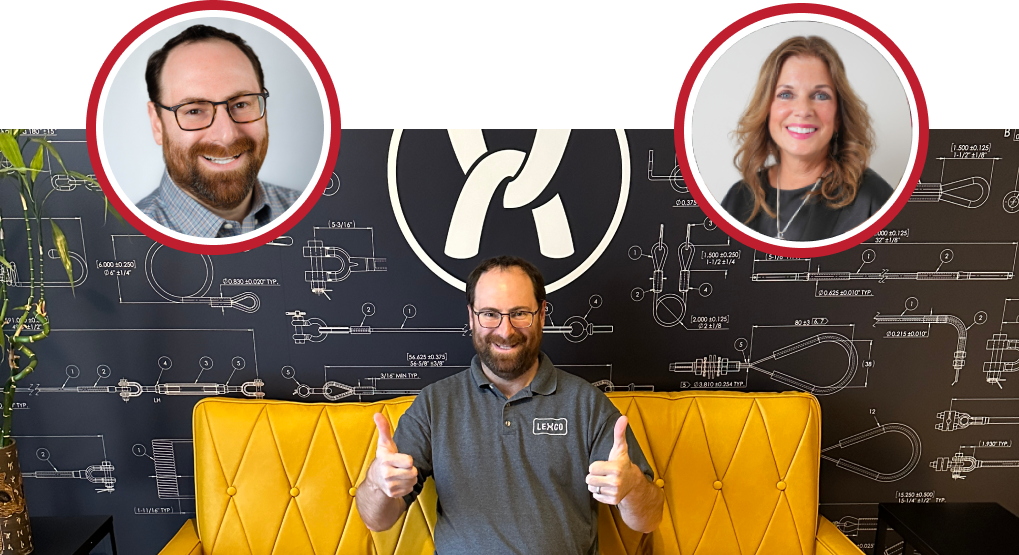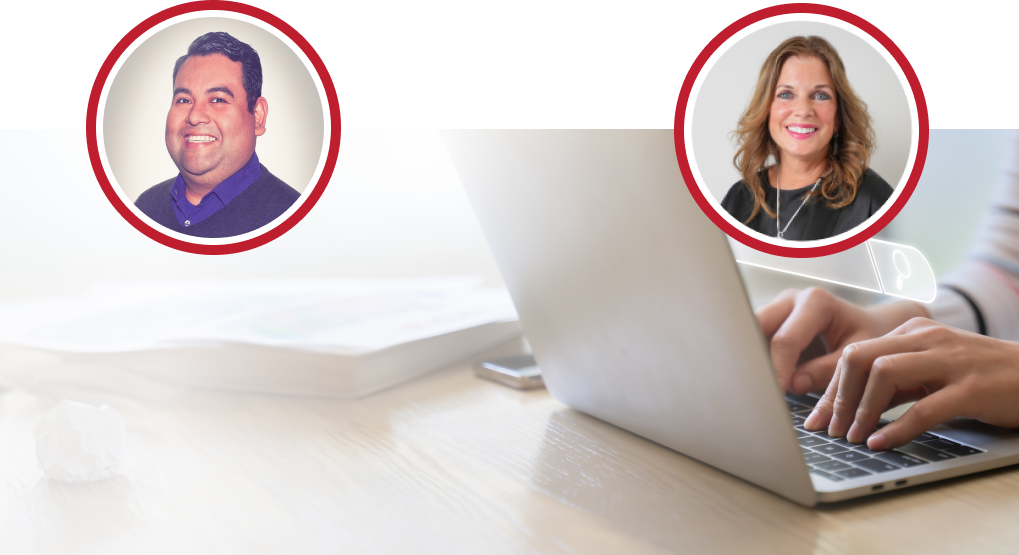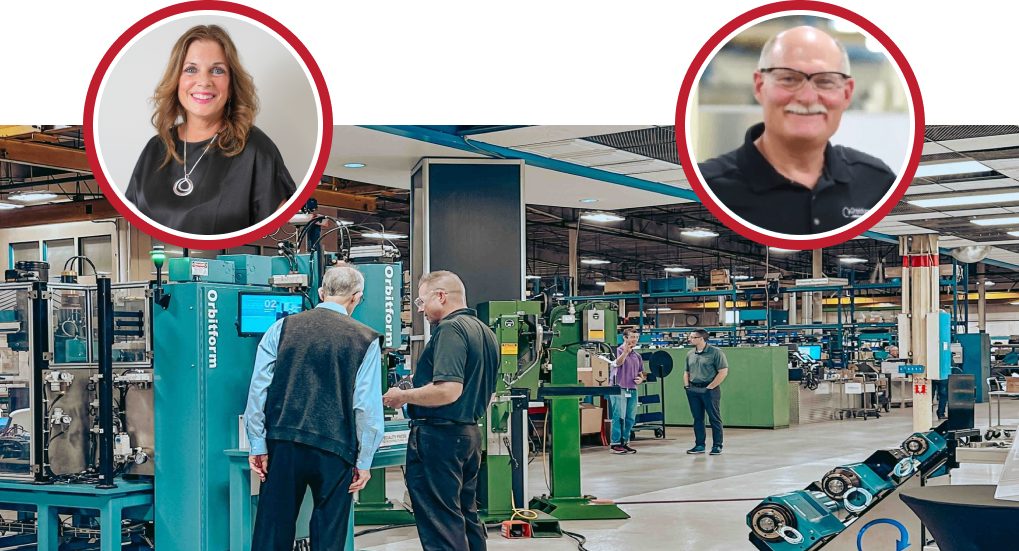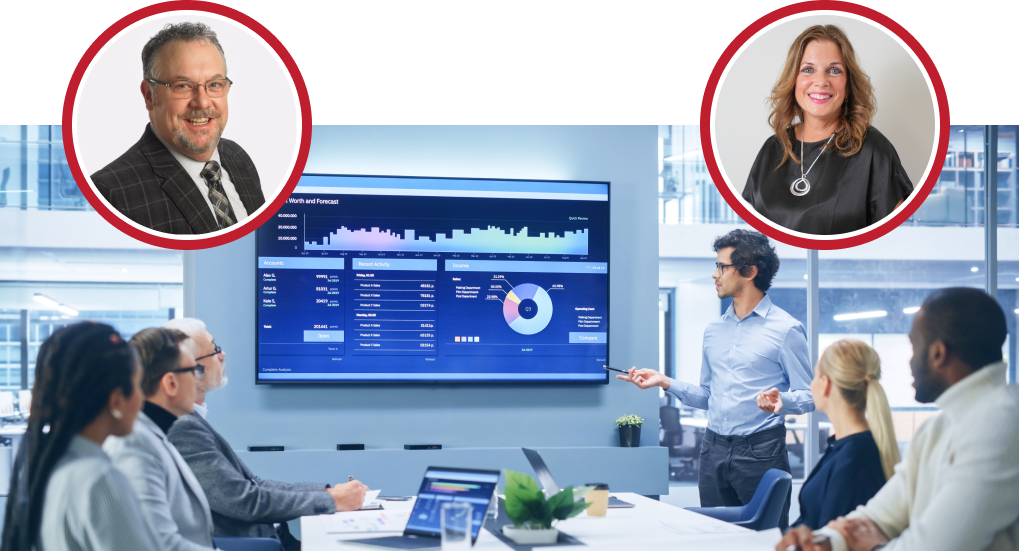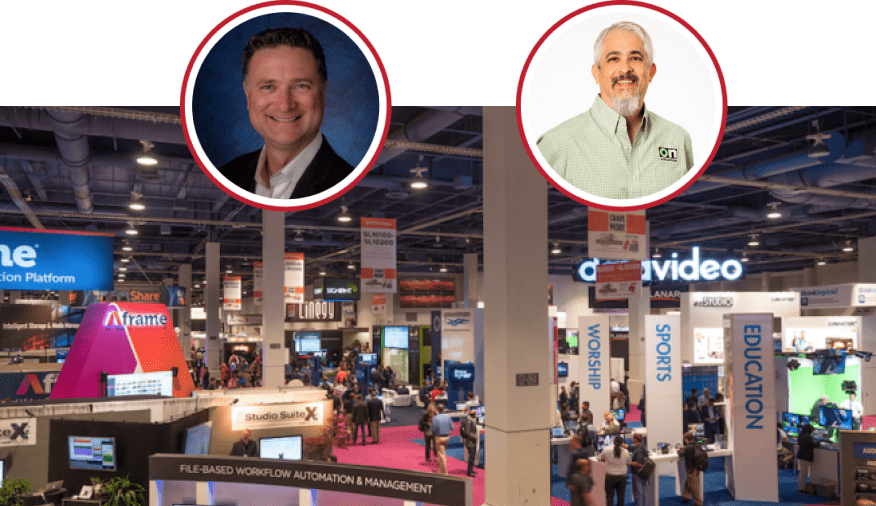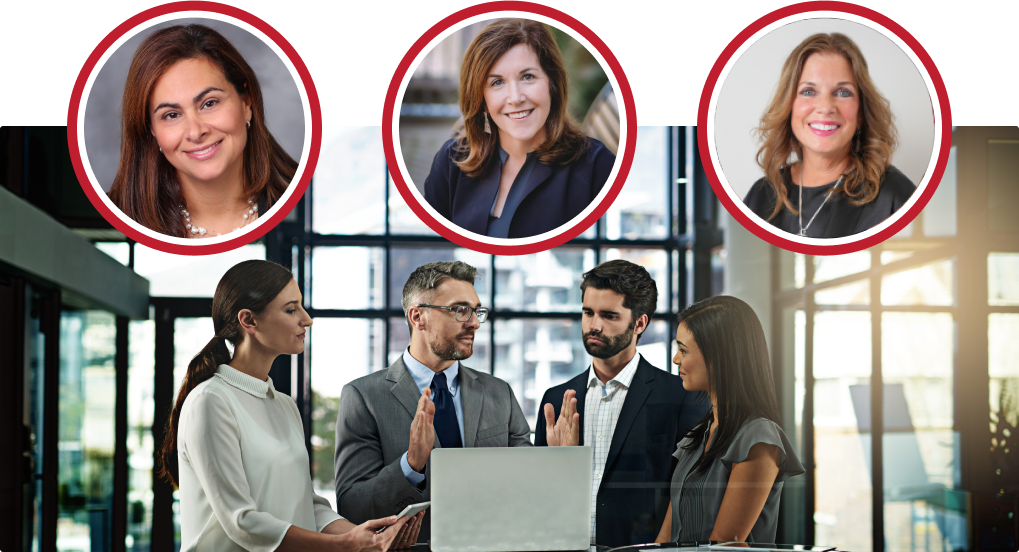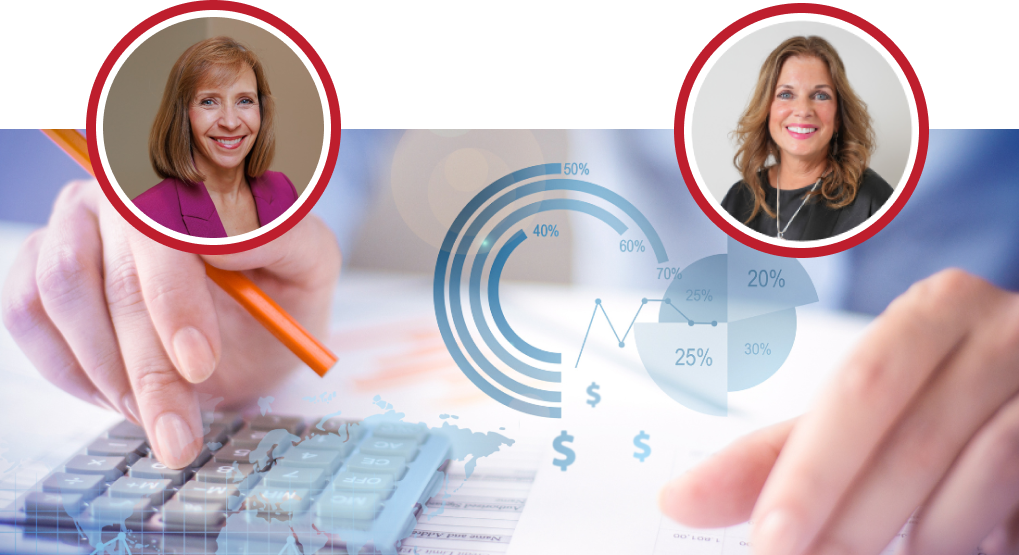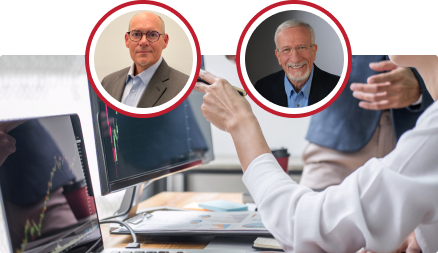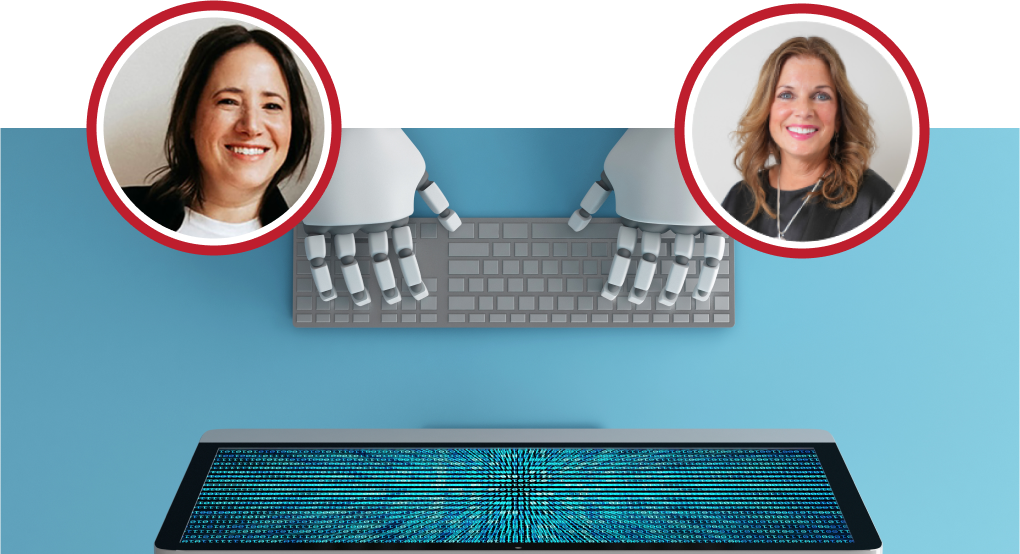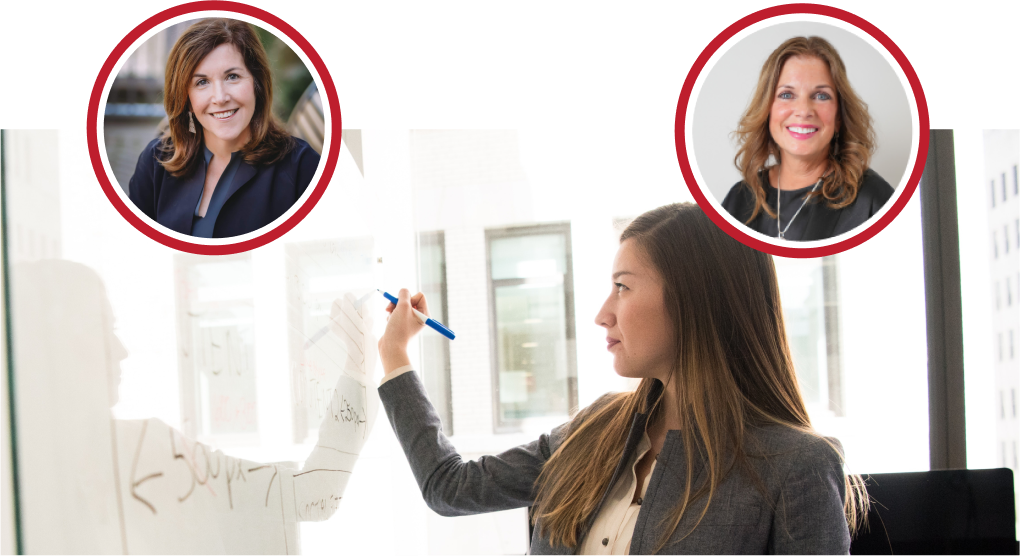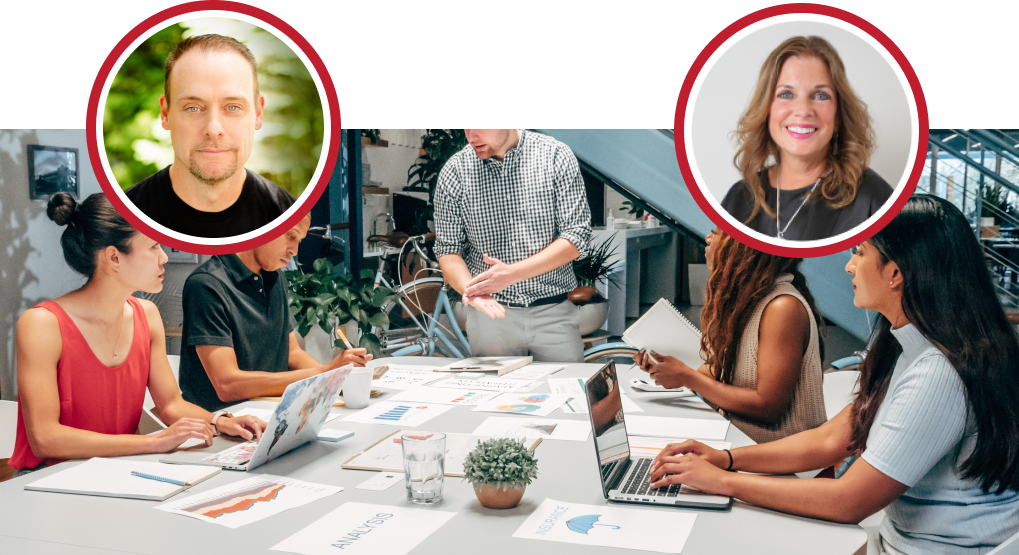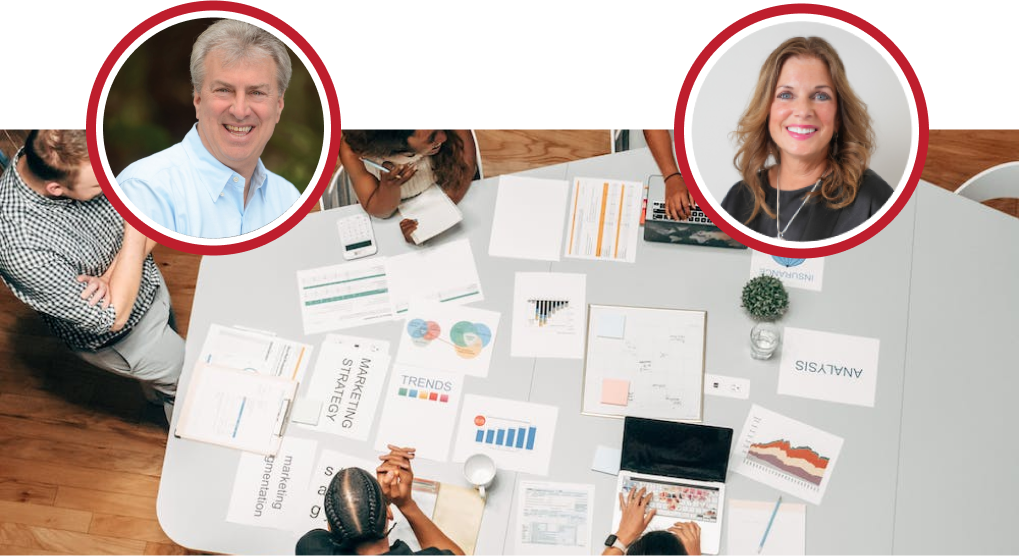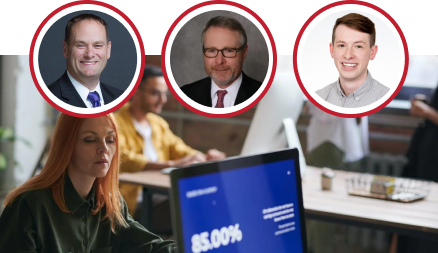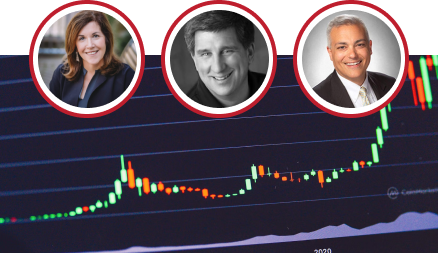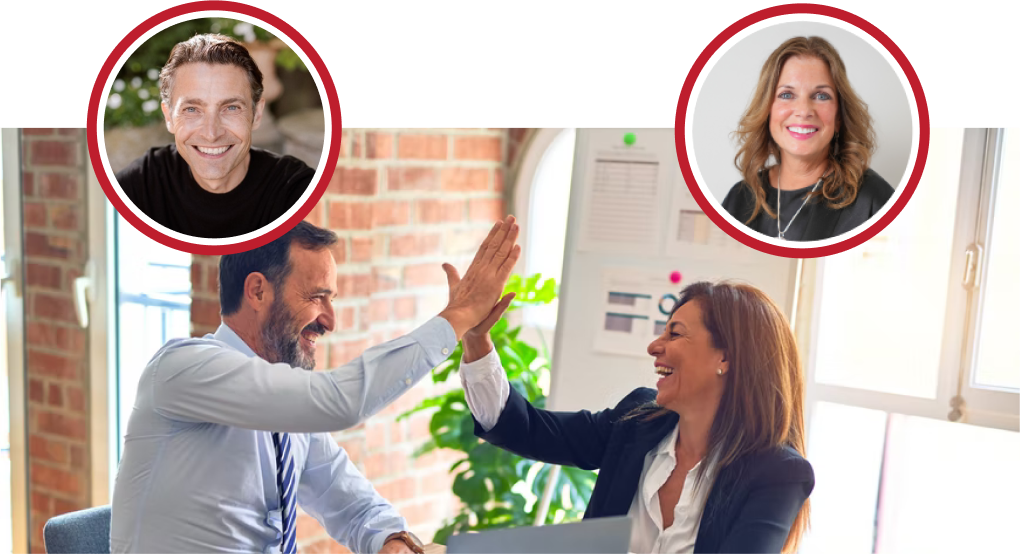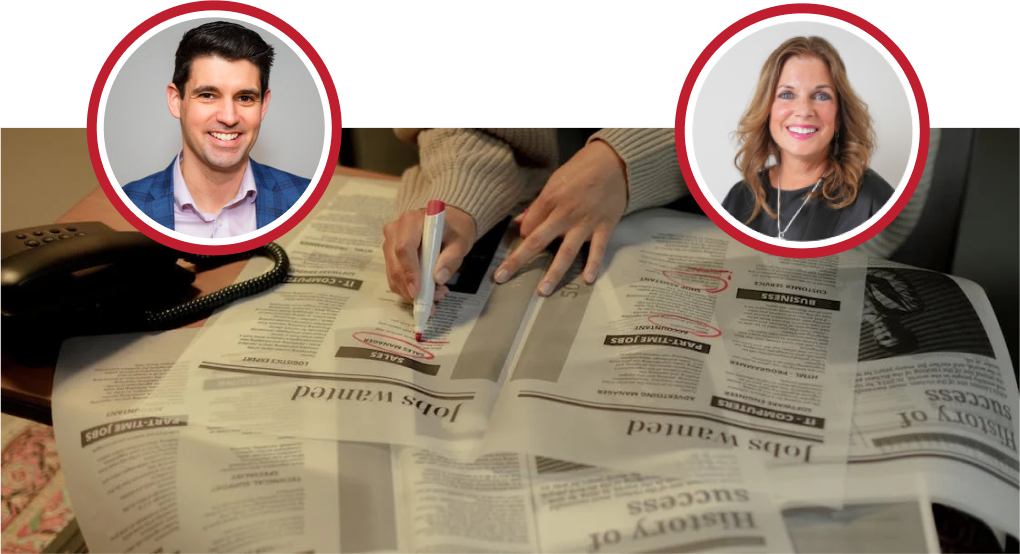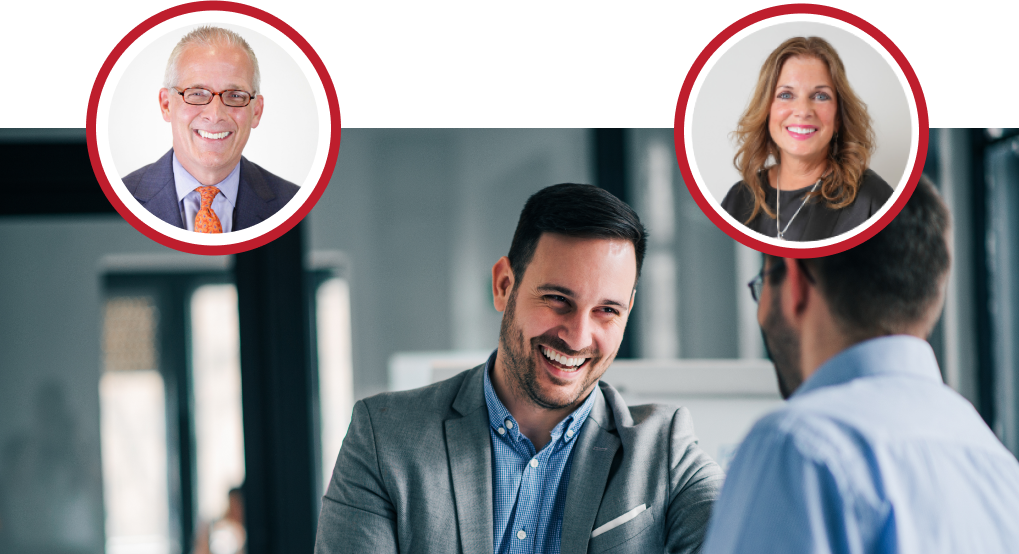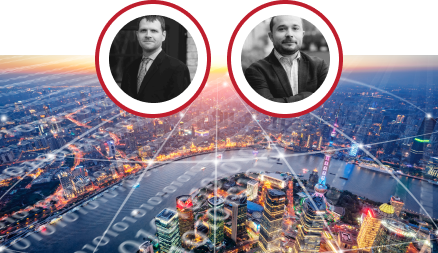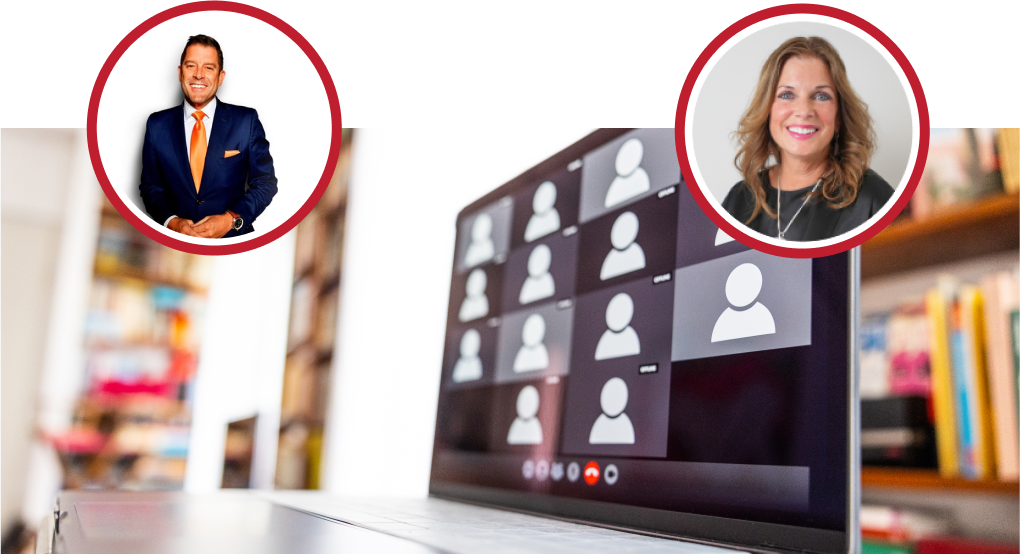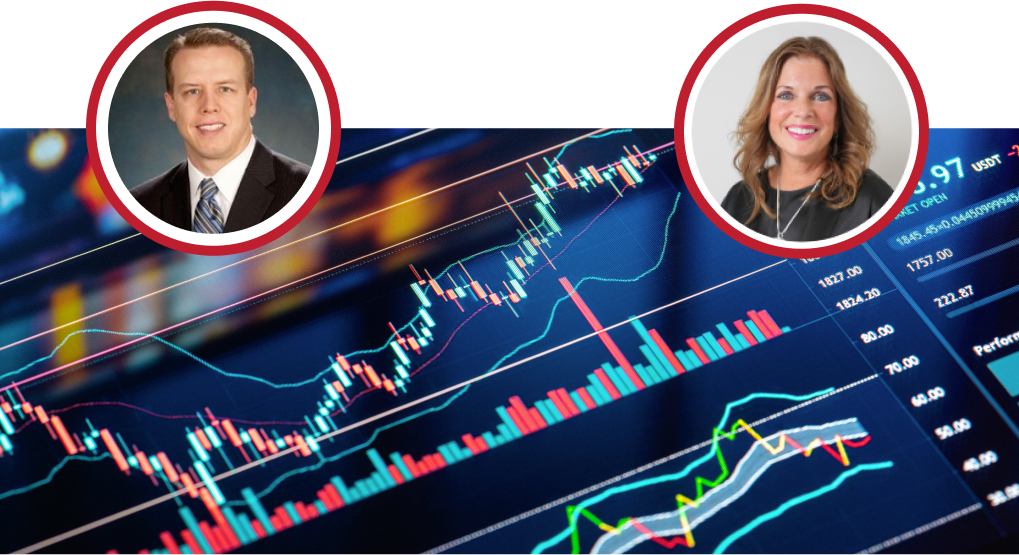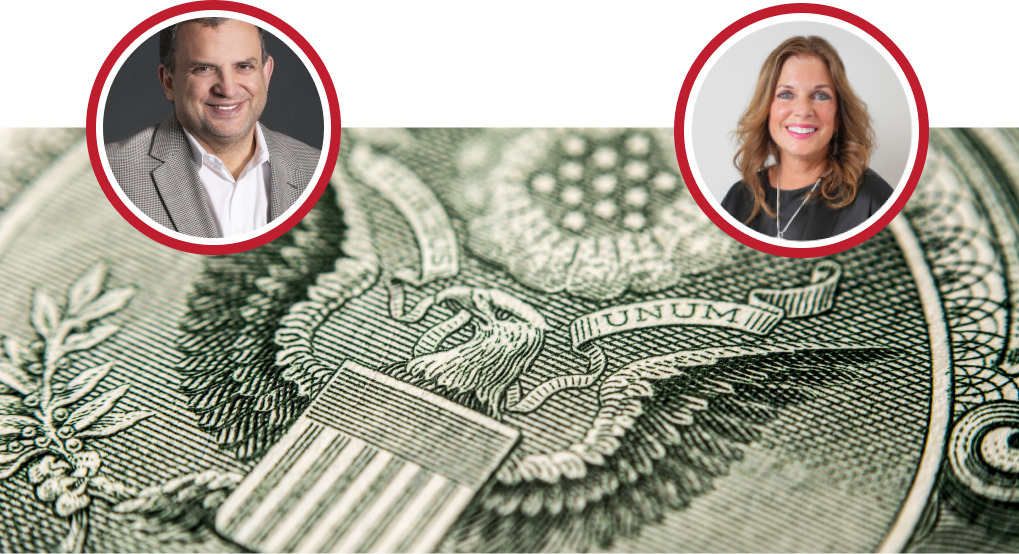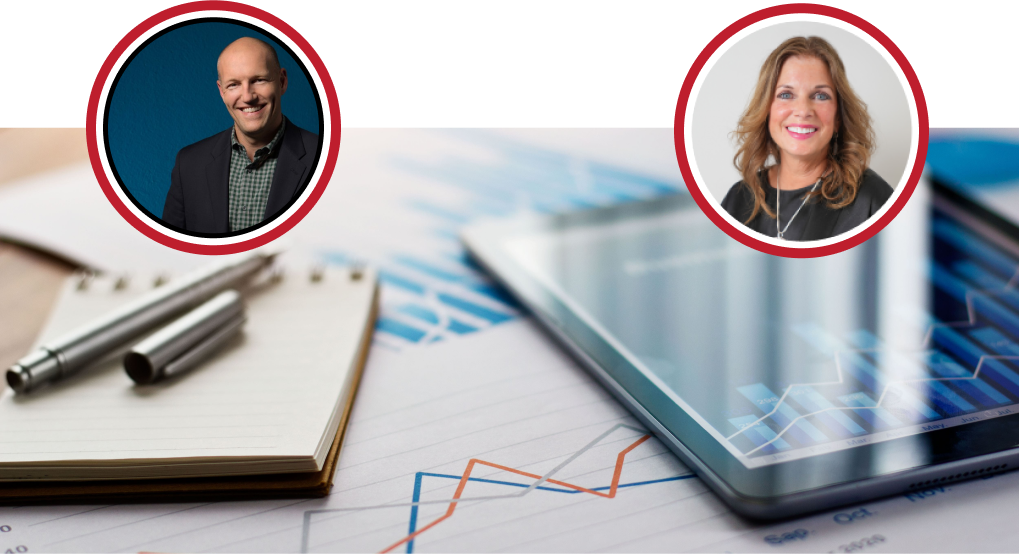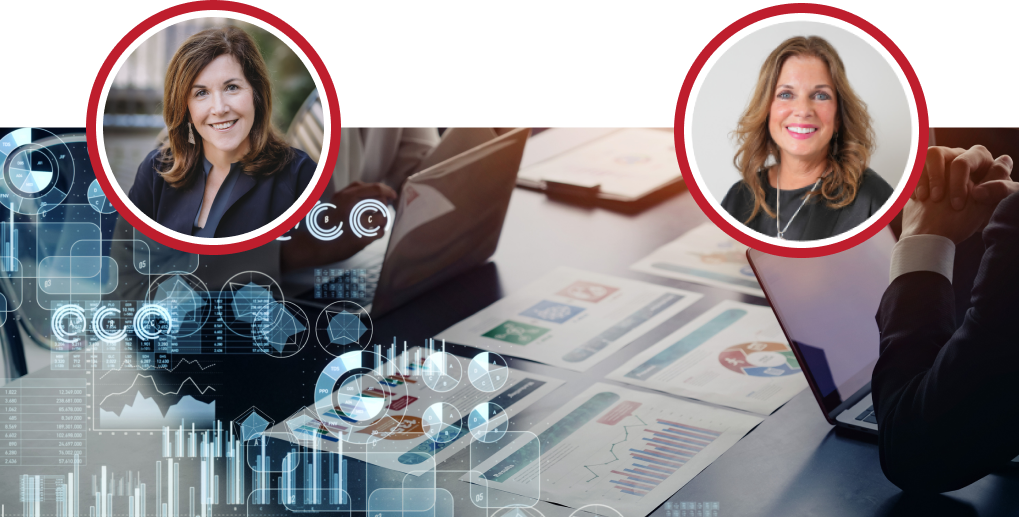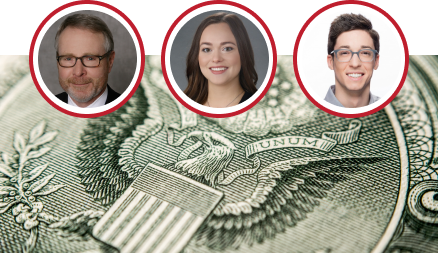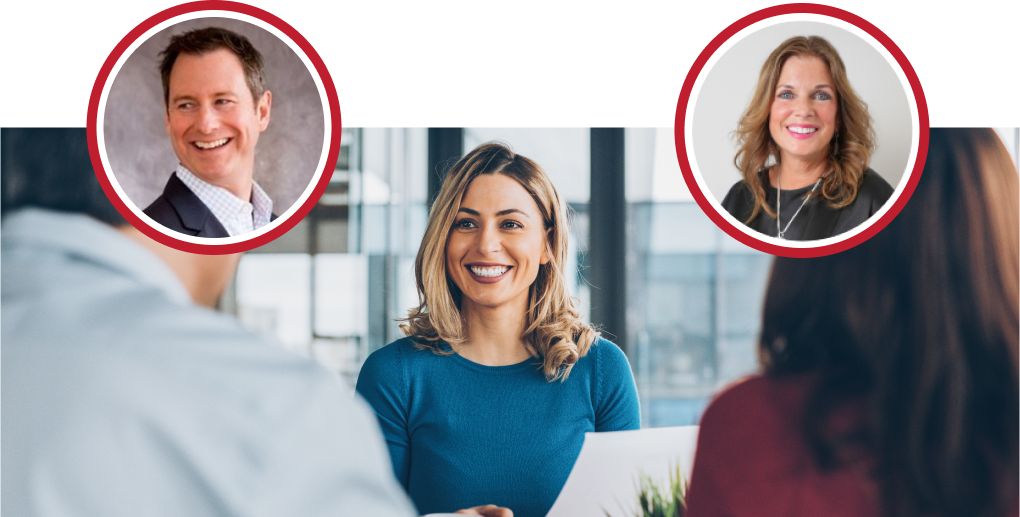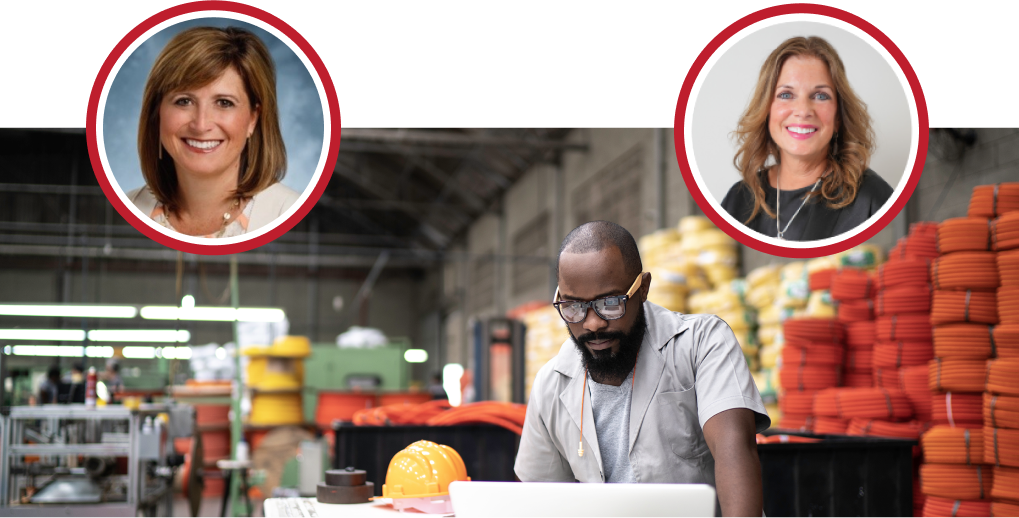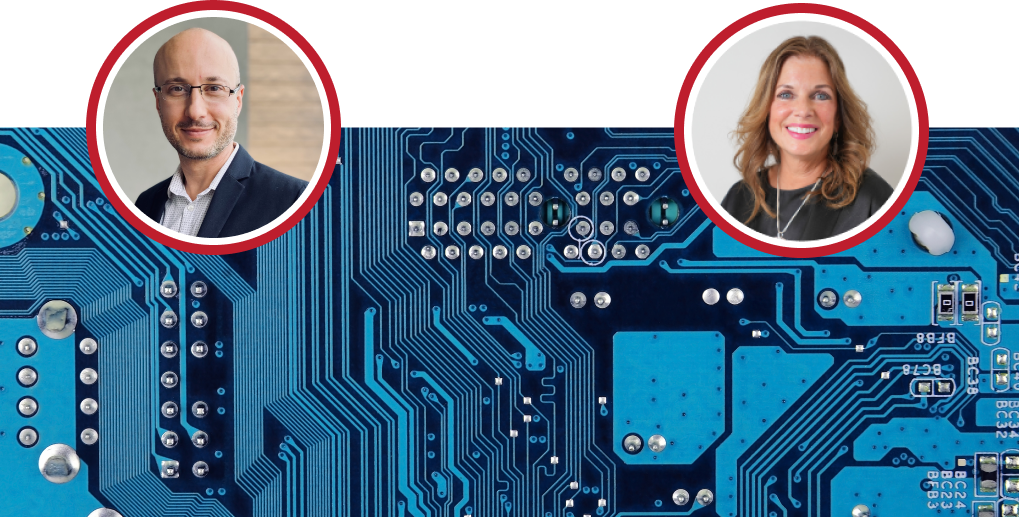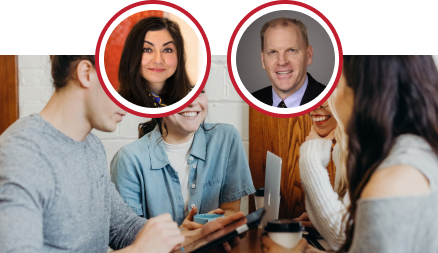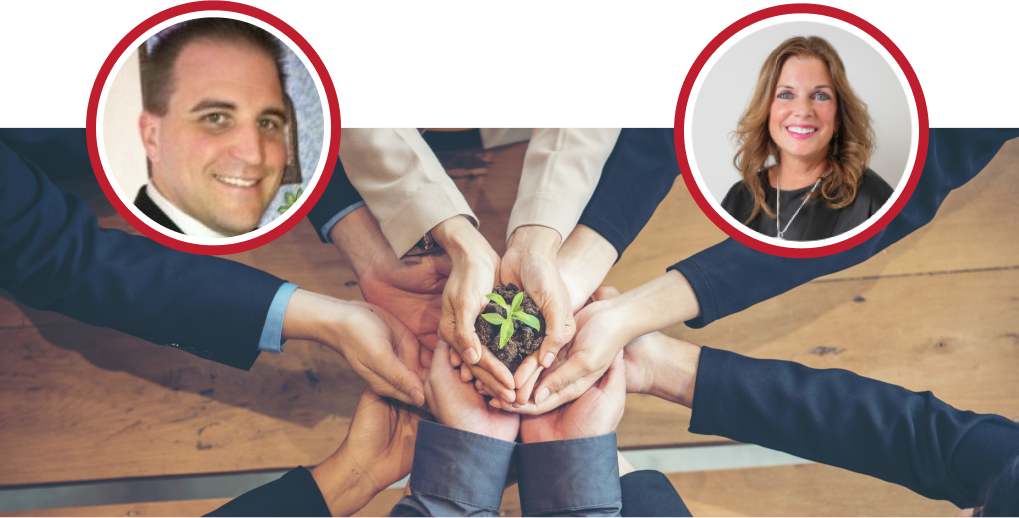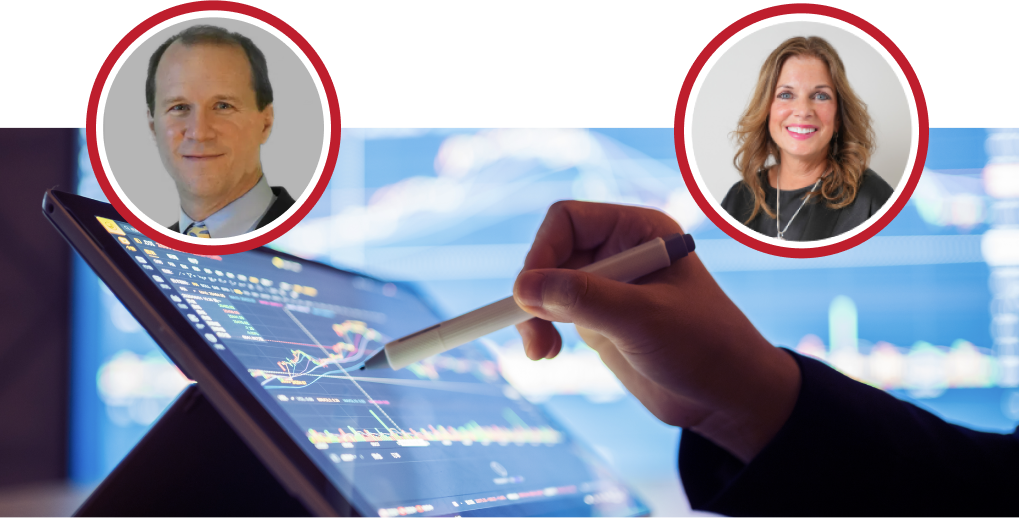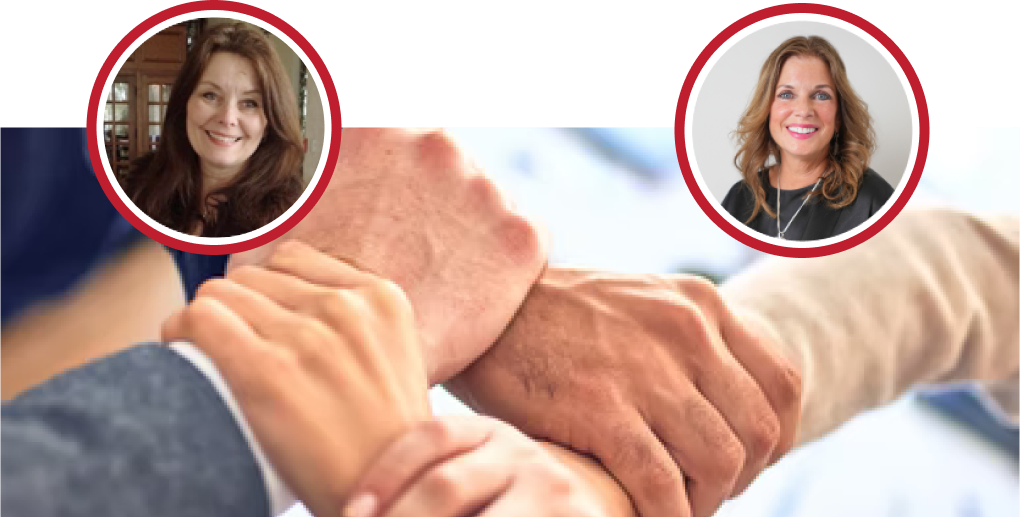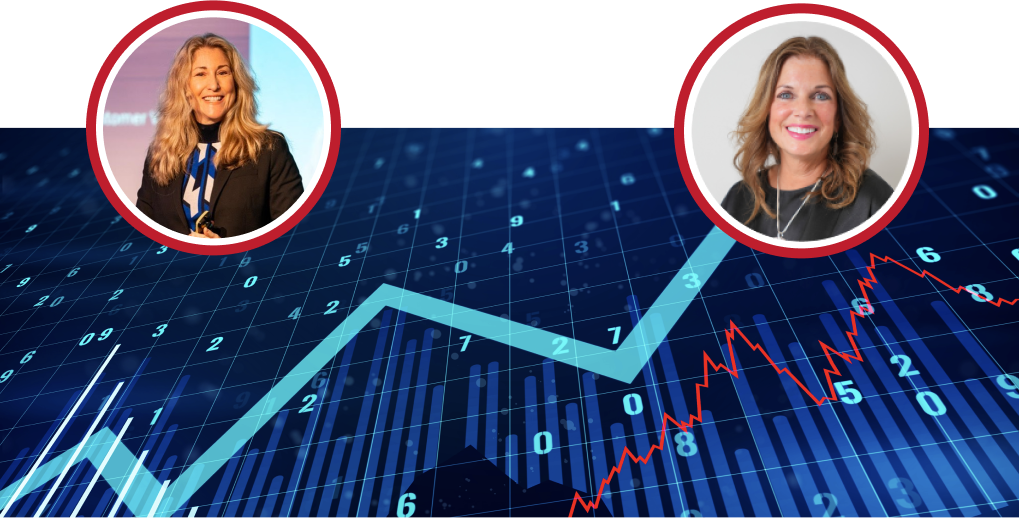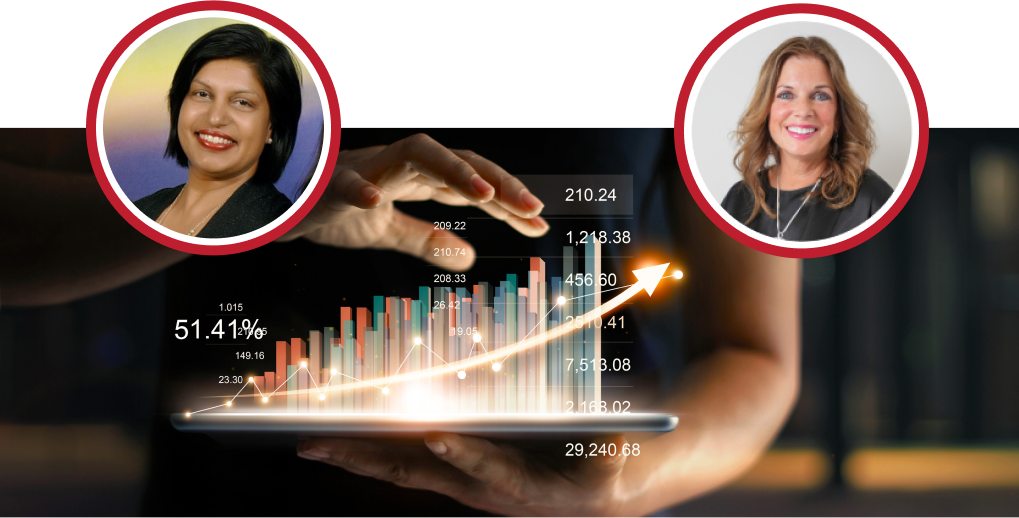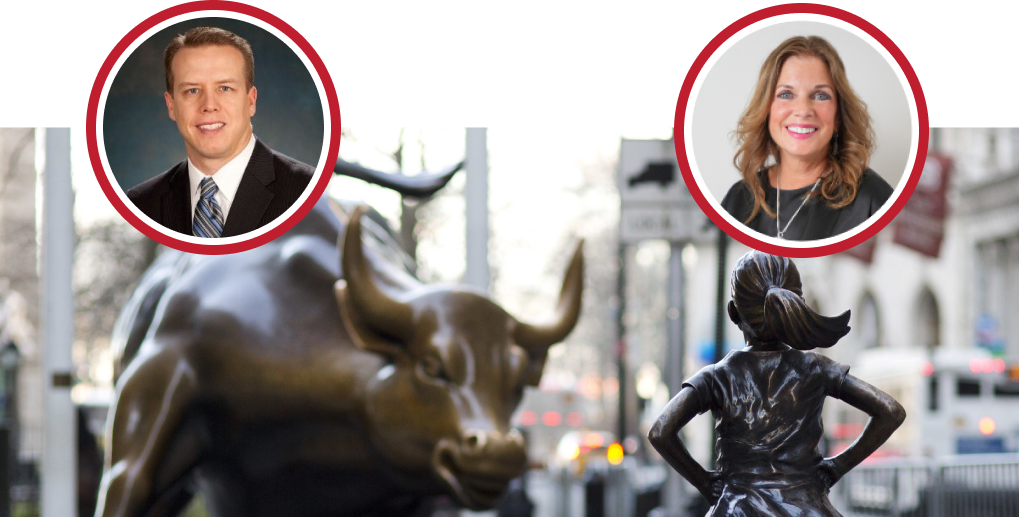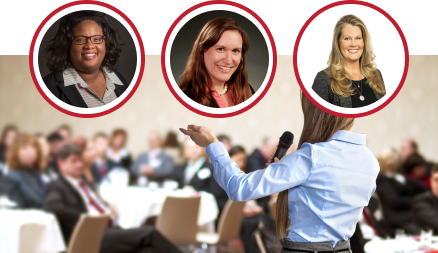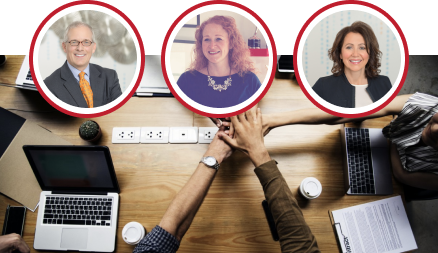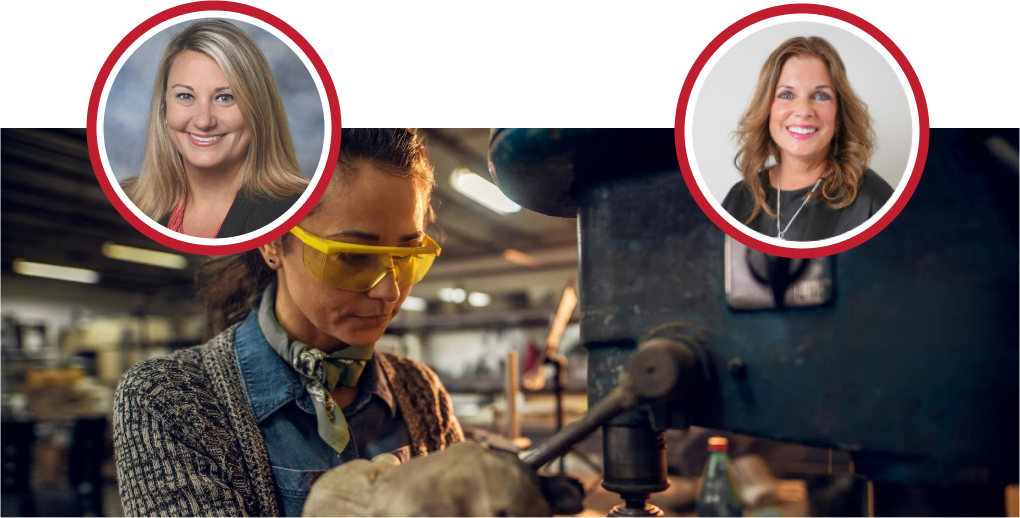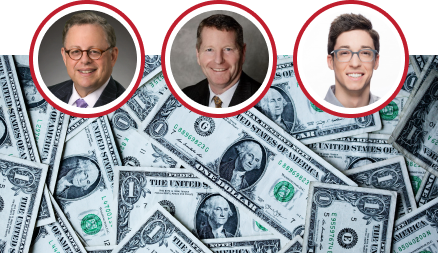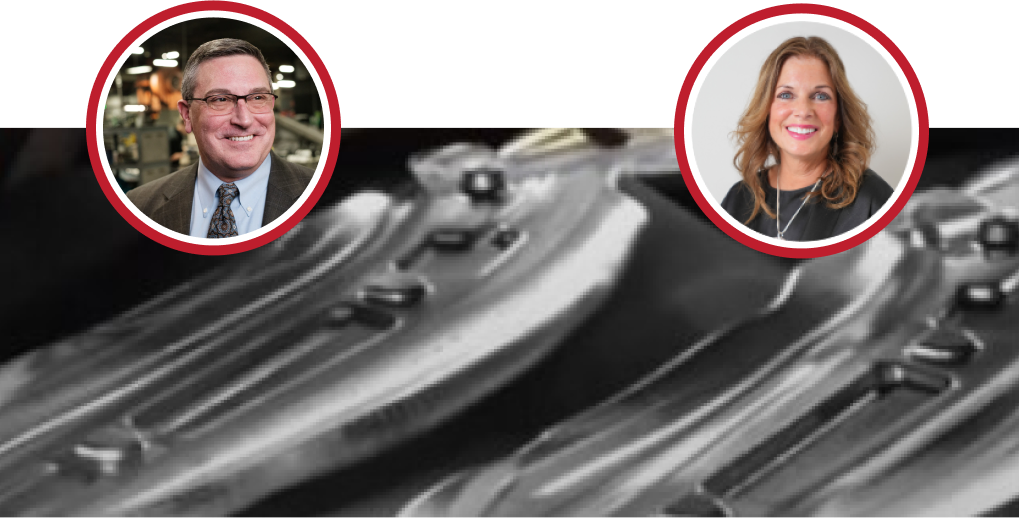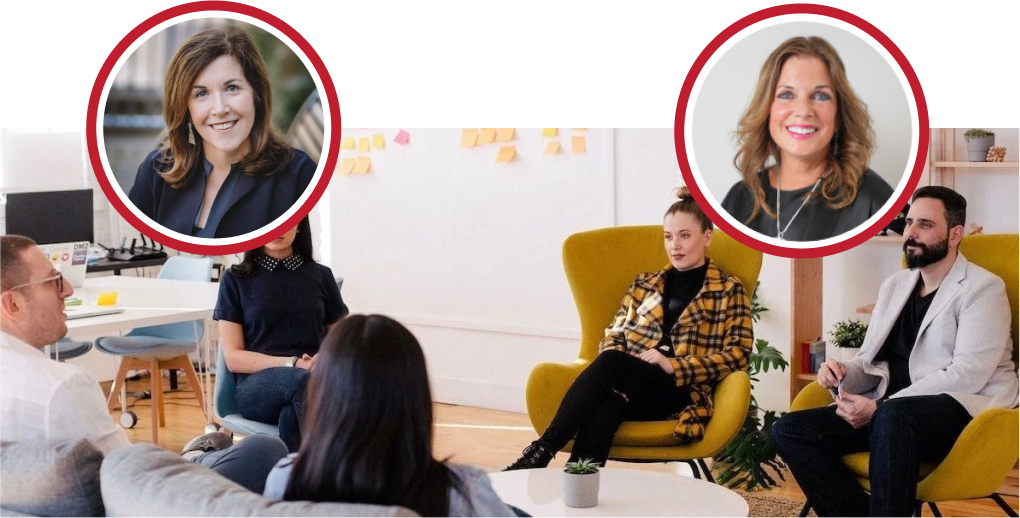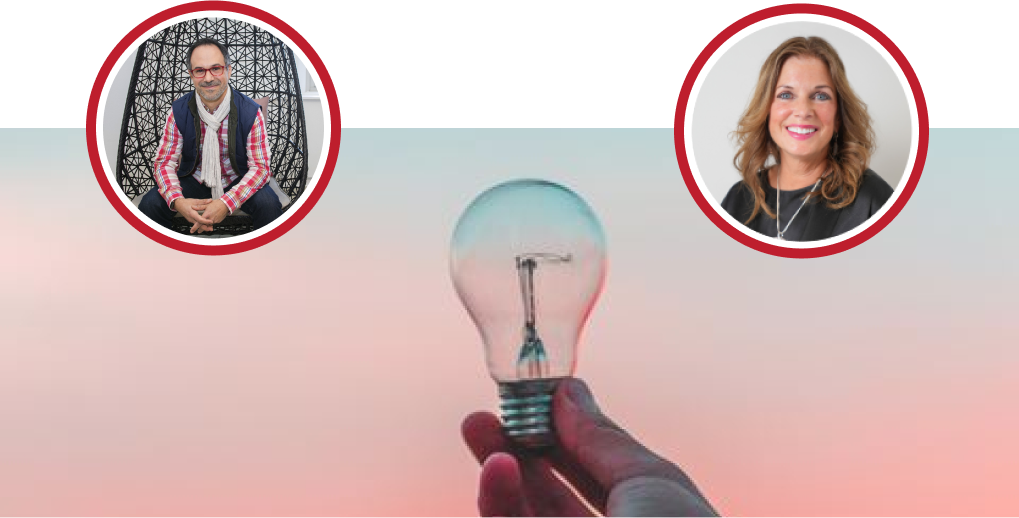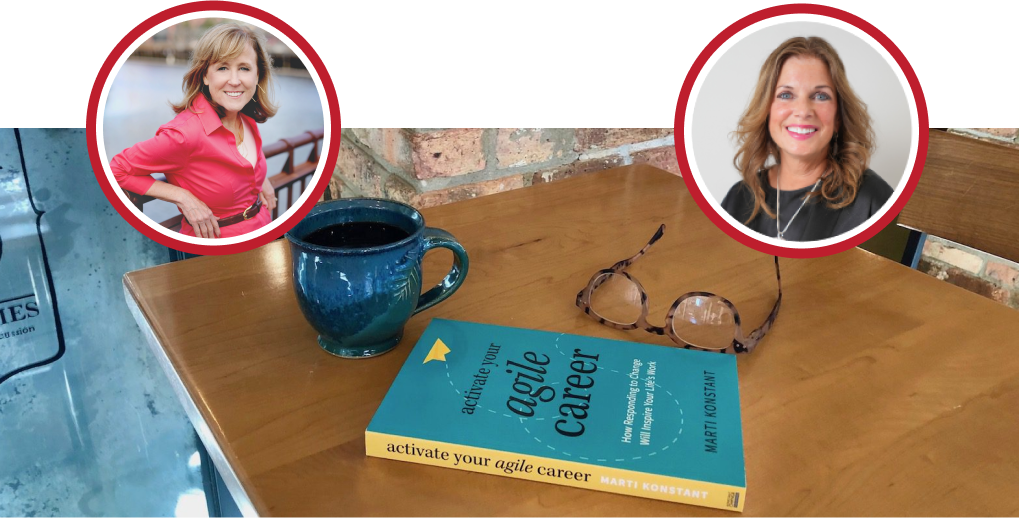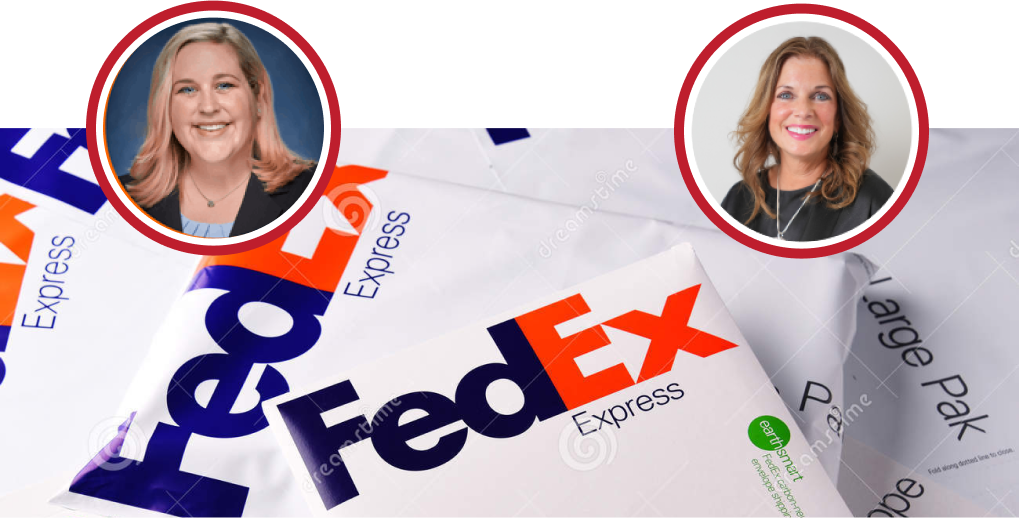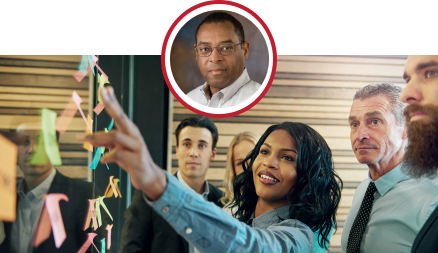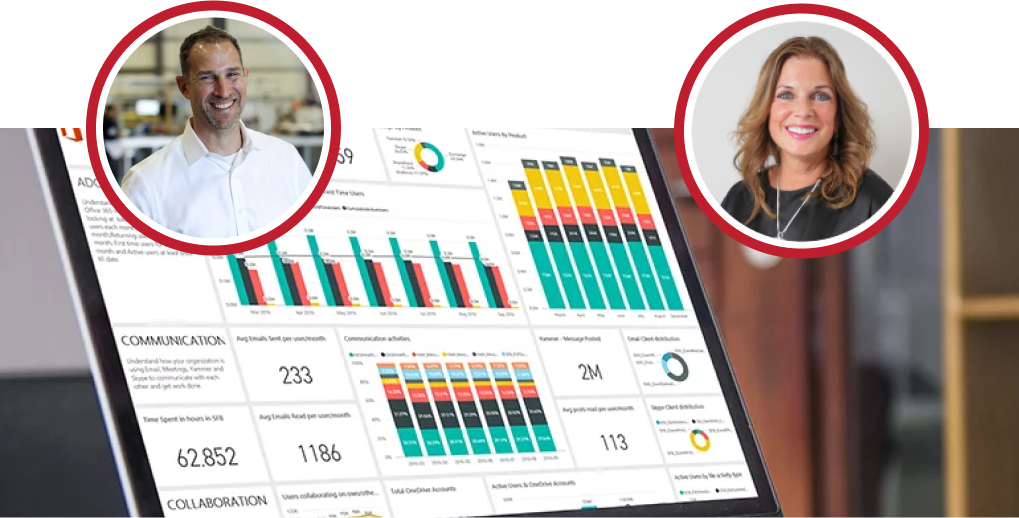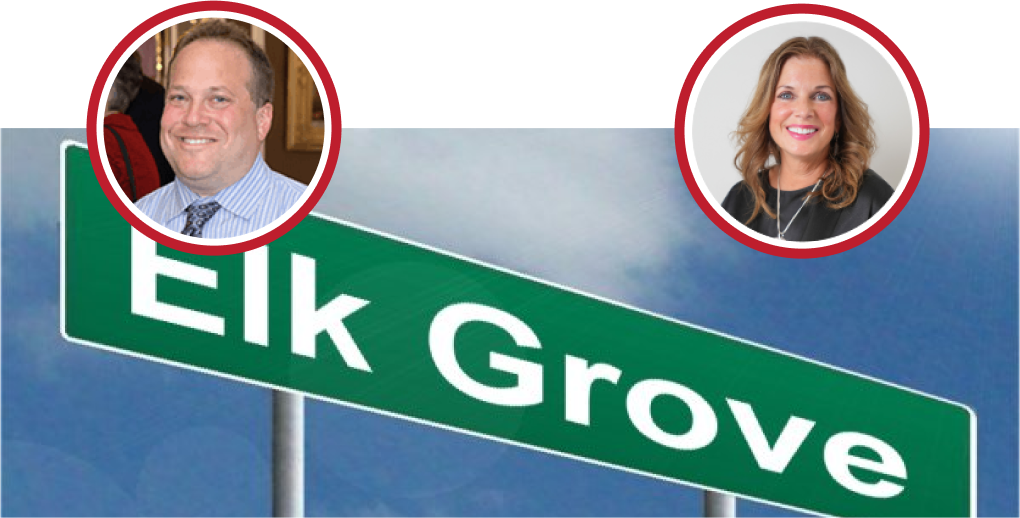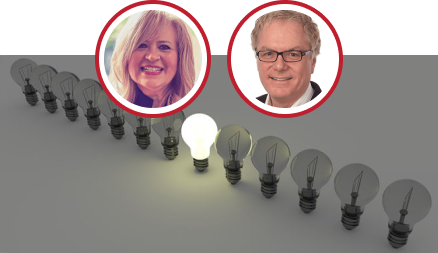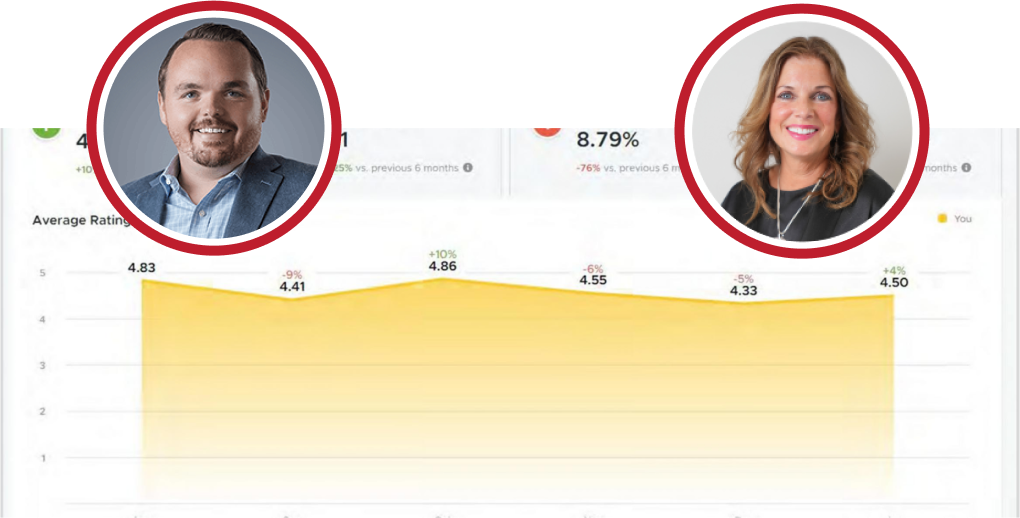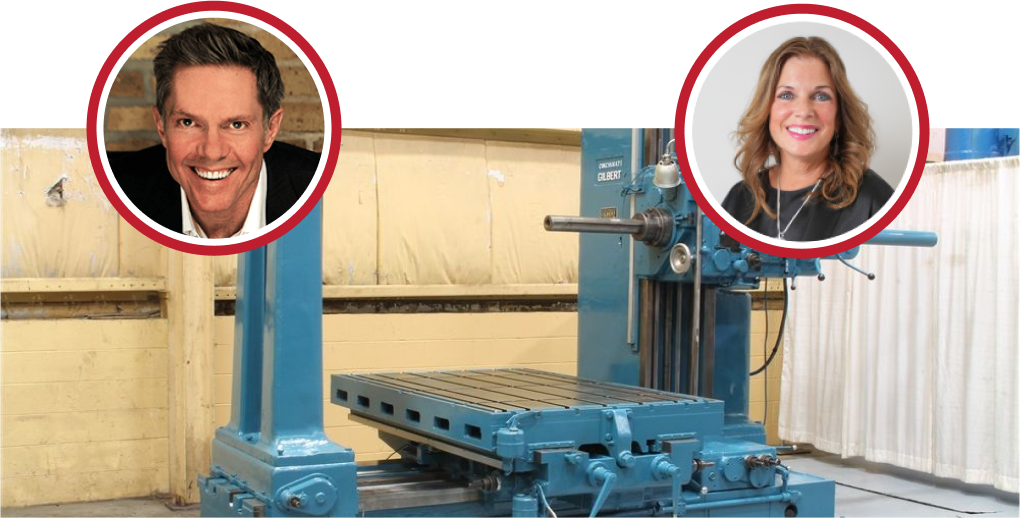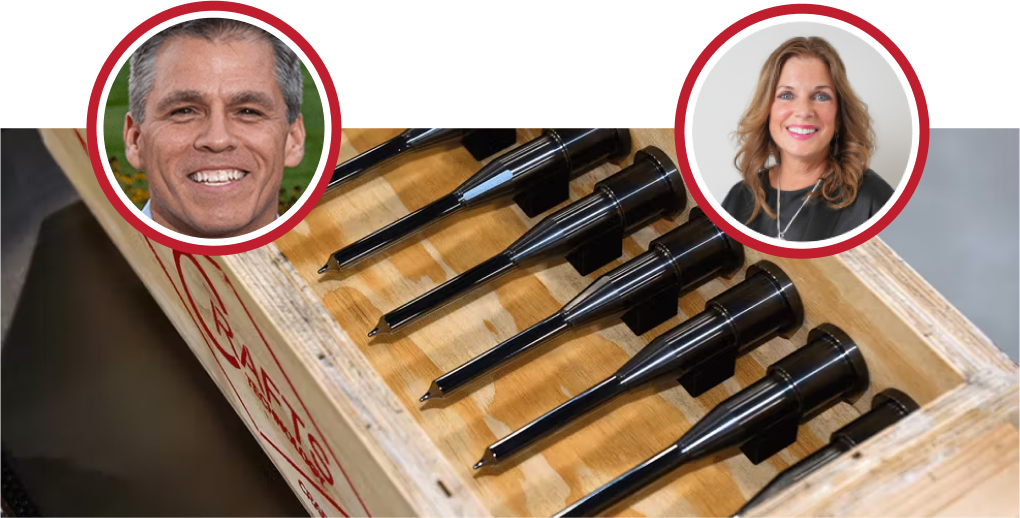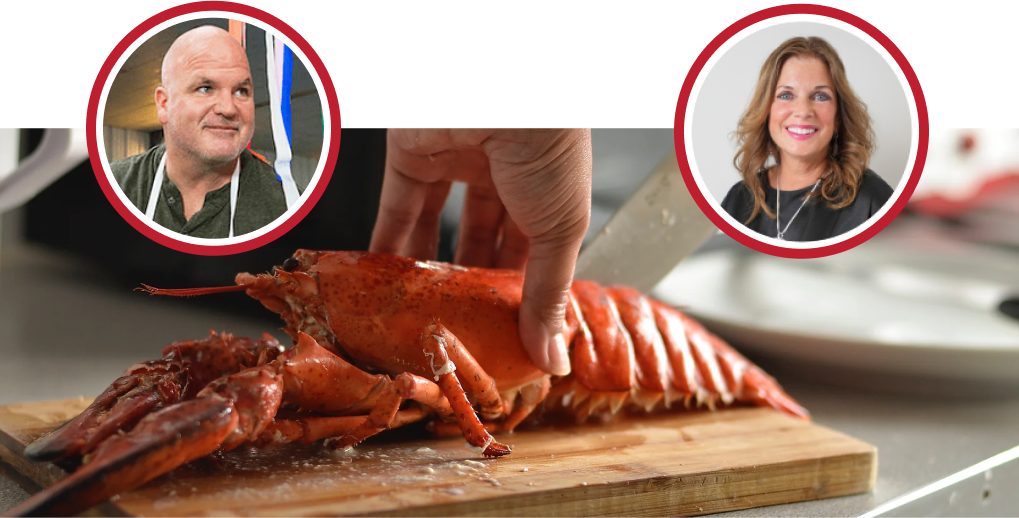Lisa: Glad to see some familiar faces as well as several new ones. So, thank you, everyone, for joining us today as we go ahead and get started with our third “Business as Unusual” webinar. We are speaking to badass industry leaders on how they’re thriving in today’s current economic climate. I am Lisa Behning. I am your moderator for today, and I’m one of the Account Managers at Red Caffeine. We are very excited to have our guest speaker join us today, who really is going to share a lot of positivity around Covid-19. Some of the projects they’ve been involved in and how they are leading as a best-in-class manufacturing company right now as we look to how our business climate has changed when it comes to safety and certifications regarding Covid-19. There are a few housekeeping things today. We do have everyone on mute, so I do encourage you to use the chat function or the QA option to ask any questions that you may have. I’ll be monitoring those throughout, and we’ll make sure that Jeff answers your questions at the end of today’s session. As part of today’s session, we also offered the first five registrants free lunch on us as a way to support different restaurants across the U.S. during this time, as we know the restaurant and hospitality industry has been so hard hit by everything happening with Covid-19. So, I know we still have a few people that need to turn in their vouchers, but the ones that I did see so far were from the New Yama Fuji Sushi in Westport, Connecticut. So, glad to be supporting there today now we have a few others, and Kathy will get to is eating from GIA meets Gia Mia pizza bar in Wheaton, Illinois. So, with that, I’d like to go ahead and introduce one of our interviewers today Kathy Steele, Owner, and Principal of Red Caffeine. So, good morning Kathy.
Kathy: Good Morning. Thanks, Lisa. I’m super excited to talk with Jeff, the CEO of Crafts Technology. I’m a mega-fan of Jeff’s; I have known him for quite some time and been a real big just fan of the type of business they run. It’s an employee-owned business. It’s a 120-plus-year business. Jeff joined the company they’re located in Elk Grove, one of our other clients. So, a double plus for us, and so I’ve known Jeff for a long time but just have always been a huge fan of just the way they operate their business and super excited to talk with him today. So, Jeff tell us a little bit about crafts technology?
Jeff: So, first of all, thanks, Kathy, and thanks, Lisa, also for having me here today. I think It’s kind of a timely seminar, and I see a lot of these webinars that are out there. I mean, they’re honest; they’re flooded out there, and I really appreciated when you approached us for this because there are some really good working tools that we wanted to share with people because our neighbors, our friends, our family, everybody’s out there going to be getting back to work, or they’re in work. So, I think It’s really awesome that you guys are doing this and just trying to create a more of a platform for people to acquire tools that are useful going back to work, but the short of it is crafted 127 years old company has been doing a very similar thing for that whole 27 years basically working with natural diamond 127 years ago and then when synthetics came up you had tungsten carbide and the development of ceramics. So, basically, we work with hard materials, so this is just like because we’re talking about medical this is a core pen It’s just made of tungsten carbide and basically plastic parts are formed on there that’s it this pin right here this could make a million of these right here a year. So, we don’t make these; we make this so the people who put the injection mold apart we make this tooling part for them, and it doesn’t look too complicated, but I’ve been in tooling for 35 years, and this is probably the highest precision one of the most complicated tools that we’ve ever made and specifically out of tungsten carbide. So, that’s a kind of short.
Kathy: Yeah, well, I think we were hoping to show the video, but it looks like we’re having a little bit of difficulty usually; start the conversation by asking about how your business has been impacted by Covid-19, and hopefully, we’ll be able to share that video or share it following this conversation but why don’t you tell it in your own words? Tell us what’s been exciting and going on at crafts? Well, the company. It’s funny.
Jeff: Most of the recessions that have happened in this country, the company really has not been adversely affected, and this one is no different because we do tooling, critical tooling say they want to make a mask well they make a mask well somebody’s got to make that form for the map somebody’s got to cut the band somebody’s got to make the machine to make the mask. So, basically, we do the tooling that starts the process that basically forms a mat or does some part of the cutting or forming of the mask and the same thing with injection molding and plastic parts we also do a real lot with electronics where we get a really small nozzle hole, for instance, Kathy, I could take a piece of your hair I could drill a hole at the end of it and then I could use that as a whole hose to pump fluid through and deposit the hose would only pump one nanoliter a second but so we do some really unique stuff like that but It’s all medical electronics is way up and also mobile computing everybody’s working from their home so go ahead online and try and buy a laptop everything’s like all in disarray. So, we do a lot with medical electronics in mobile computing again the tooling that’s related to the production of those and everything right now if I turn around in my shop I mean I just got board approval for another three hundred thousand dollars we just bought another machine I mean we’re just trying to keep up with it, and again It’s almost all Covid-19 related in one way or another.
Kathy: Yeah, but you’ve had you had a particularly interesting opportunity that you were able to seize, and you’d done something that most manufacturers find really challenging to do. So, you reduce sort of the lead time in producing something, so can you talk a little bit about that project that pivots, you might say from 12 or 14 weeks down to three weeks you.
Jeff: Now It’s funny because that pivot it sounds like one morning I woke up and we pivoted but the truth of the matter is we have been basically pivoting for about six years so we took over 127 year old company and basically we started building out the underpinnings of a real kind of technology revolution in the company modernizing the equipment and really getting into spaces more narrow spaces more niche spaces that we weren’t exactly into and so that pivot has been taken six years but on this day when that happened they came to us and they asked us they said can you produce a bunch of these in four weeks and we said I don’t know well really I mean It’s just you imagine the question then they explained to us what it was all about and if you go online and look at this medical manufacturer now they lay claim to doubling the number of Covid-19 test kits in the country and It’s not that our tooling is the singular item that changed that whole thing but It’s part of it It’s an important mechanical part of being able to turn on that system that can really ramp up production of those kits. So, I mentioned that, so we’ve been developing over the past six years the underpinnings of the equipment modernization plant expansion. So, the day that hit is unbelievable. It was almost like It’s almost like we scripted the pandemic like we said, okay we’re ready for a pandemic, and boom, and then it starts, and he calls up, can you do this in three weeks well, I thought about it as a team, and we said yes we can, and so we were, our pivot was a six-year pivot in the making, and It’s just a very interesting apex of time or a crescendo point in time that hap that happens.
Lisa: I think Jeff and Kathy, I can get the video playing or resolve technical difficulties and see what’s happening? So, let’s the go-ahead for those of you. We do have technical difficulties, please weigh in on the chat function, but I do believe we have it working so we can share Jeff’s video here, so give me a moment to get that queued up on our screen. All right, I’m going to go ahead and do one quick change here; give me one moment because I want to make sure everyone can hear this as we go in to share Jeff’s video that they did on this really amazing project [Music] just so everybody knows what we’re trying to do we’re trying to produce these things [Music] never before in our lifetime have we had the opportunity to assist medical tooling and medical diagnostic companies that are at the apex of a solution more than today. [Music] [Music] [Music].
Kathy: Well, I don’t know about you, but I still get goosebumps every time I watch that video. I mean, I was kind of riding alongside as this whole thing was going on and hearing things unfold in the process, but telling you to know It’s beyond just making something the reduction in time to get something in their hands just all the things like there are some key elements that you guys had a to have in place in your organization to make this happen can you just share some of those with us the most?
Jeff: Important one was just the equipment the technology to be able to deliver in a shorter amount of time but really what we did is we were right in the middle of this year of kind of realigning how we move product through the shop we use an ERP program called job boss, and we’re adopting strategies they use words like velocity trying to get work through the shop quicker in lean manufacturing you might say things like that so instead of running everything in a row where one person takes it and that one person does all those jobs in a row sequentially instead we kind of made a lot of parallel efforts and when you run in parallel you can go quicker, but there’s a lot more risk because when you’re talking about very high precision tooling the more hands that touch it, the more different hands that touch it you impose various risks. I mean this, this tooling has a tolerance of 50 millionths of an inch and one-tenth of an inch that’s It’s as tight as it gets in tooling, and so we were very nervous, but everybody just pulled together as a team and really was extraordinary in their ability to deliver it.
Kathy: Yeah, and I mean, talk a little bit about the culture that I think you also have to have a unique culture to pull off something of that magnitude.
Jeff: Yeah, so we’re in the east often; for anybody who doesn’t know what an ESOP is, it’s just fundamentally everybody owns shares; we’re like a public company, but we only award shares to only people who work here, you can’t buy them outside the company so every year you work here everybody gets awarded some share but basically so what that does is it kind of breeds that all in spirit everybody’s It’s the true proverbial a rising tide lifts all boats everybody’s share I don’t get rich myself if I’m rich then everybody else gets rich, if I lose money, everybody else loses money. It’s the same thing, so It’s kind of cool, and it helps foster a real spirit of collaboration and investment; you feel more like your co-owners because you are, and not that you can’t have that culture outside of an ESOP, but it takes leaders to really, really embrace that and implement and execute on a culture like that so I have the ESOP as another tool to that endeavor.
Kathy: Absolutely. I mean, we are a great game of business company. So, I definitely feel like being able to share financials with your organization and being able to give people some skin in the game does help impact performance, especially in cases like this where there’s a lot at risk and a lot of potential upsides too. So very exciting. So, you talked you touched a little bit about sort of your strategy for the last maybe six years I think you mentioned around some things that you’ve invested in, but we are in our a potentially recessive time, and there are some key studies that have indicated that there are things that you can do both on conserving cash and improving operations, but as well investment opportunities so talk a little bit about some of the things that you guys have invested in our thinking about investing in over the next six months.
Jeff: It’s a great topic. I mean, you on that continuum, you can either be too liberal with your money or you can be too paralyzed, and I tell you when I first woke up when all this was going on and so to speak woke up and into this whole pandemic thing, I was paralyzed at first my your first you get that fight or flight and I’m talking about capital do you spend it or not and basically the first thing I was like hold on to your cash don’t spend it gotta weather this storm and once you kind of just stop dropping rolls. So, to speak and just think about it now, then you realize, okay, there are certain opportunities you should spend cash on and or even take out debt which sounds crazy, but It’s that whole notion of pivoting and so basically what we did is we analyzed the business and figured out exactly where it was that we could spend capital on and to that video into the whole pandemic and the medical products I mean if you’re in the medical space for instance and this could be not a pandemic this could be a war this could be a civil expansion endeavor it could be a Rhodes project in the United States whatever you’re in it’s really hard to figure out whether or not you should be spending but you really spending on the right equipment at the right time is very important.
Kathy: Yeah, and I think you bring up a great point; many businesses just sort of status quo. They’re regardless of what’s going on in our greater economy, and I think these are the opportunities in every business to think about how can we get nimbler, how can we seize an opportunity that is in front of us, how can we recover by just looking at some of the macro opportunities that are going on and figuring out where we fit into that equation. So, really exciting, what about there’s one thing that I think has been really cool that you guys are there’s been a number of things that have been really cool that you guys have done, but one of the things that we’ve been fascinated about we work with a lot of manufacturers and so sharing house essential businesses have gone through keeping their workforce safe and navigating through the shelter in place when you’re still working talk a little bit about you’ve been one of the few companies to receive this Covid-19 consulting autumn audit from the Horton Group. So, can you talk a little bit about that? And then just your willingness to share it more widely, which is also a little atypical for manufacturers to be so generous with their secret sauce. So, to speak.
Jeff: Yeah, it’s funny that secret sausage, if I was really to couch it properly, everybody’s afraid of litigation, and I think that again, I think we were talking about this earlier, and basically our friends, our neighbors, our family, our community, our state, and our peers everybody in the country wants to get back to work, but I’m going to tell you there’s a lot of liability out there I saw just a really interesting I saw a little video when Wisconsin opened up, and they repealed their shutdown shot in place and then all of a sudden this woman was at a bar, and she’s talking to the person interviewing her and then come to find out she’s a nurse, and she had to go and say, oh I’m sorry, I went to the bar without a mask, and I wasn’t playing and then I know I’m going to quarantine myself for 14 days do not be fooled by anything going back to work there’s an enormous amount of liability for everybody. So, I talk about liability, I couch in liability, but these are also your friends this is your family you’re talking about and so these protocols everybody needs a working tool, not guidance the CDC put out let’s see I don’t know this is like 100-page guidance right, so the CDC just put this out can you see that at all yeah, so the CDC put that out just a couple days ago It’s all guidance, but I can’t work with this document. It’s not a word document that I can edit and adopt and adapt and design to my plan; that’s what everybody’s putting out there; they’re putting out advice in flat form; what we did is we turned around to keep everybody safe we started producing our own document that is derived from a variety of sources. We have advisors, and Horton group, to your point, wasn’t a really important element of that; I think you have to go to all these third-party people. We use other people like HR sources for employment guidance. Is this policy good? We’ll say it is this past legal muster Horton group then they’ll audit us, and they have a lot of services like that, so this is built around a lot of those parties, and I would also say this is built around a lot of legal advice too because we have, we use Leven Fell Pearlstein, and we also use Jones Lemon and Graham those two firms alone we pass everything by them more or less they pre they publish a lot themselves that we have to digest and we pass ideas by them and again back to HR source and Horton group those people you need all these people. So, this compendium is really is built out with a lot of advice, and a lot of it is derived, if not most of it is derived from the CDC and Osha, and so you can imagine that gulp in my throat about spending capital that same gulp was in my throat at the same time trying to figure out how to run the business and grow the business and preserve the business we had to keep everybody safe it was it felt like over the past eight weeks felt basically impossible. So, but basically, we’ve had eight weeks now to really evolve in that, and I’m hoping people take this; there’s nothing in it for us, but we’re neighbors, and people have to deploy a lot of these practices, and by the way, I would even say there’s a lot of politics behind this, and I have my own politics, and I have my own view, and I’ve got my Google Ph.D. in Health Sciences. I can tell you a lot but what is here what’s in here is legal guidance. It’s practical; It’s CDC guidance; it doesn’t matter what I think I am. I am indifferent to the world of what should or shouldn’t be when it comes to working; you have to follow the policies in place; heck, the governor here was trying to impose a one-year class, a misdemeanor that could get me up to one year in jail if I was running a business that I shouldn’t imagine people get sick and stuff this is a so there’s a Horton HR source your attorneys, and also I should even add TMA your local organizations or your the ones that are in your industry for us. It’s TMA, Steve Rauschenberger, and Ima with Mark Denzel; those guys they’re out there producing and collating a lot of data and feeding it out there, and you’ve got to tap them also, so a lot of there’s a lot there behind that I know this is a not a long webinar, but there’s a lot behind this It’s extraordinary how many hours people and inputs there have been into producing basically, what is a safe plan for everybody.
Kathy: Well, I mean, we are exceptionally grateful for you to share it with us. I think that’s some of the things that we’ve done with our clients is be able to collectively hear best practices and protocols that some of our clients were leveraging, and to your point, there is nothing more impactful to your business than being able to take something that somebody’s put a lot of time and effort and thinking and money potentially in into producing and to be able to make it your own pretty easily and I think that’s there’s just such a power of our networks today that we should all be tapping into as leaders, but you also did something interesting that we’ve also shared with a couple of our clients around your quarantining and packaging protocols and some message a key message to how you’re doing that at least can you share that as well.
Jeff: Yeah, about it, I think anybody listening would realize that they go to the store and they bring something home or was sent from amazon or something like that, and you’re wondering if is this was this just handled by somebody. I mean, whether it was you were getting curbside you’re worried about everybody handling everything so that Covid-19 cleaning protocol we were we are pretty sure that we were the first out there to do this just in this respect that how do you all the stuff coming in we could have a vendor that we get some steel part comes in like this and that part that comes in somebody in their shop had Covid-19, and It’s a steel part where Covid-19 could be on there for three days right. So, we basically felt compelled to create a quarantine zone on everything and coming to categorize them and how we’re going to clean them basically built out a workstation where we could now disinfect them with all the EPA cleaners, and we’re also building a UV disinfecting station for all incoming orders and outgoing orders that tag that you have up there on the box that was so that was on there so that when they received that they knew that we took great care I mean we can’t guarantee there’s no Covid-19 on anything, but it sure is nice when somebody did their diligence like heck to try and clean everything you feel a lot better about it and so I think that’s what your question if that answers it.
Kathy: Absolutely, and I think that also Jeff, are you here? Okay.
Jeff: Let me give it a shot.
Kathy: Oh my God, that is so well. I’m gonna keep my point, but and came up during a prior week with Phil Sponsler, and you guys worked together on some of the sanitization technology that they were using in their medical like mass sanitizing device, and so I just, I’m, It’s so incredible to hear the wider access to information but then to know that you guys connected and shared some details was just incredibly cool as well.
Jeff: Yeah, so that that webinar that Phil was on with you guys, he basically disinfects the N95 mask so that there’s a shortage of supply. So, he came up with this unit to disinfect it with UV light, and we called him after your webinar, and we’re like, oh can we get one of those units we want to like disinfect our pens, our tools, our products and everything with UV light and the problem is that he was totally booked on his capacity doing this, so we built a machine we’re in the middle of building the UV disinfectant, but they helped us a lot like they said oh, you got to keep it under the UV light this much this long polished the inside and as they helped us there’s a real community of people that really, and I believe the population at large of people far more than not want to help each other and I think that I constantly and see that and It’s always verified and re-verified by me that people really want to help so.
Kathy: Yeah, I mean, I cannot further that thinking about our tribe and our community and trying when you give something, you get back so much in return, and I’m just so excited. I was excited to hear that little story that came out of our first webinar, but I want to talk a little bit about the greater manufacturing community; for years, we’ve been talking about things going offshore, and I know you’ve got a real passion for this topic so can you share some of your thinking what you’re optimistic about on that topic?
Jeff: Yeah, I think, if I was to be really just frank, I would say I’m actually a globalist; however, that withstanding I’d be, we’re all almost in a protectionist state now, but being a globalist lifting all tides of all boats rather around the world. It’s not a bad thing but then just like everything there’s a little too much might happen you kind of offshore some things you really shouldn’t and or some percentage you shouldn’t and I think if my answer is that It’s like I don’t believe in a protection estate but we definitely have to reassure a good number of things that we should have never offshored certain medical products like they’re talking about now the pharmaceuticals gloves masks or whatever else you just really don’t want to offshore that stuff look at what we did, we were able to do that we’re 127 year old company and by the way we’re one of the only ones that do exactly what we do in the country what if that wasn’t here I mean who they gonna ring up to do that specific tool I’m not there are other ways to skin a cat and people will figure things out the great American ingenuity engine is alive they’ll figure things out but how much more do you offshore where you really you just don’t have any control anymore over everything and when I say control I’m also talking in that continuum of speed I mean the pandemic’s not waiting around for anybody. So, if you offshore something and you say I’ll just buy it from this other country, and it’s definitely not cool definitely. I think somebody has to have a strategic view of the country and reassure us all the right things to give us some buffer and measure of control, some ability to react that’s not a protectionist state. I think that’s an intellectual state where you just do that, so It’s definitely going to happen.
Kathy: Yeah, well, we’re hoping that you’re right. I think that we’ve seen just the only businesses that can truly produce things are the ones that produce mostly everything in there, in their own facility or have such tight contract manufacturing partners that can produce all these elements, but when we’re waiting for parts to come from overseas, we’re paralyzed. So, It’s going to be; I hope, an opportunity for American businesses to just think differently about how they partner and not be as bottom rock bottom dollar-driven at more about strategy and how to continue to keep the small 127-year-old companies growing and thriving in our economy because you guys are the guys that we’re looking to now to solve these problems.
Jeff: Yeah, It’s this is an honestly I think It’s a terribly misunderstood area manufacturing everything shows up from Amazon and the internet, and It’s like eBay, and everything else and It’s like for the most part either maybe a lot of people see It’s made in China or it comes from somewhere, and nobody seems to really care I don’t know if that’s exactly right to say I don’t mean to say there’s a bad guy out there but people definitely what good is it our heroes on the front line a doctor shows up he’s got no mask, no gloves, no needle, and no drugs right. I mean, he’s gonna look at you, and he’s going to be about as useful as my cat licking me when I’m sick, which I don’t have a cat, so you get you to need all those things, and so we go as a country really just really think about all those little nuanced things and just support a culture of self-reliance on certainly in critical things.
Kathy: Absolutely. No, we couldn’t agree more. So, tell me a little bit about what has been challenging? You’ve got so many positive things going on; what’s been challenging?
Jeff: Oh, I’ll give you an example. All right, what’s this is? This a mask, yeah, I think, so is this a mask? Is this a mask? Oh, It’s not a mask, that’s not a mask, that is a face covering. Look it up on CDC; that’s a face covering. It’s basically cloth. It’s fabric. So, you say, what’s troubling me everybody publishes don’t buy the mask, they’re no good, you’re gonna starve all the front line workers then they say, buy mask but don’t buy that mask but buy this mass but wear this mask but don’t wear that mask right. It’s crazy, so that’s what troubles me is the fluidity; as a matter of fact, they call an N95 Osha calls it a respirator; that’s something most people, in other words, people don’t know, but It’s fundamentally against Osha regulations for me to let anybody wear this in our facility unless they have formal training yet everybody’s wearing them around right. So, if you go to the supermarket with this on, that’s great, but if you show up in our facility, I’m obligated, legally obligated to train you on its use and also, limit its use and also give you a medical questionnaire whether or not you really should or shouldn’t wear it this is a mask also this is what the doctors wear this just stop droplets of blood. It’s not an N95 mask, consequently. It’s not as restrictive either on your breathing. So, this is manageable, but the CDC calls this a face-covering; they don’t call this a mask. So, what if you’re wearing this in the supermarket? Good luck going to work and trying to wear this for eight to ten hours shift to look at this is just not gonna work, and what I had somebody come in our shop, and they wanted to wear their own I was like okay, that’s cool, by the end of the week it was like forget this is impossible I mean these are almost impossible to wear on an eight to ten-hour shift. So, if you’re coming back to work, I mean you’re gonna, but you have to wear it, but here’s the other thing a lot of people think the government mandates wearing masks and face coverings they don’t at all if I was the only person in the Yellowstone Park. I don’t have to wear a mask. It’s not doesn’t matter, but if somebody comes up to me while I’m in Yellowstone Park, I better put this on, and it only has to be a face-covering; it doesn’t have to be an N95 mask; it doesn’t have to be a surgical mask, but so It’s been trying to mire through that, and a lot of people also don’t understand like the governments they said the reason they say that you have to wear a mask in a store is that It’s an indoor public place and they can’t guarantee that you won’t go near him or he won’t go near her that’s why they can’t guarantee that inside of a manufacturing facility when we’re all going back to work your employer hypothetically, can guarantee that you will not be within six feet of each other and you really don’t have to wear a mask and work sort of so, so you say what’s hard this is hard. So, I’m working through this right, so now I have to if somebody if I see somebody within six feet of each other, I have to discipline them in one way or another. I said you’re breaking the rule. So, you don’t want to make it mandatory, but It’s mandatory, but you have to make sure you this, so you say what’s tough that’s what’s tough It’s hard.
Kathy: No, I 100% agree; we, as we were talking about earlier, we are not in the office obviously; I’m in my house, Lisa’s in her house, but we are gonna return to the office in a few weeks and I, and we’re already with as many resources as we have we’re still going to be struggling with trying to make it the right situation for our organization. So, just wanted to ask a little bit of a personal question; you really, I do have the great fortune of knowing you and a number of your team members, and you’ve got just some incredible people, but what have you learned about yourself during this time what’s, what is there? Anything that’s changed or been like, oh, a real?
Jeff: Probably, I don’t know if learned is the right word I guess you could say that, but what reinforced something that I think if I’m a certified rescue diver scuba diver and I once ran out of air at 100 feet, and so I had to swim up 100 feet down pretty much if you shoot to the top. So, basically, I had to swim up to the dive master and signal that I was out of air. I don’t even know why I was out of the air; it was a leak or something, or it wasn’t filled right, or the gauge wasn’t right, but I had a signal that I was out of the air, and they looked the dive master looks at your eyes and if they’re afraid of you if you’re afraid and they’re afraid of you because you’re gonna panic and you’re gonna start pulling at their air mask and everything. So, I wasn’t scared well, I mean, I was scared I wasn’t panicked, right and I think that that reinforces something really important here where I am is as important to not be panicked and not to be flighty, not to be chaotic not to be you don’t want to be all doom and gloom, but you got to tell it like it is. So, It’s amazing as a I don’t care if you’re managing your household or you’re managing a 10 000 person company you better dog on well hold on to all your faculties and try not to be too willy-nilly or chaotic a shift course which the nature of their environment you’re weaving anyway if you add to that and you start weaving ah everything will fall apart you you’ll get everybody on needle pins and needles your everything will It’s just it will be hideous and the anxiety that’s in the environment is already enough and so maybe I learned or solidified that you gotta hold steady be cool and you really do every day every day every hour every minute every decision things coming in from customers equipment people employees lawyers and we got an audit we got an audit we said oh can you come in and tell us how bad we’re doing we’d love to read that report and then what we’re going to do is we’re going to take that report and we’re going to share how bad we did which by the way It’s in that manual it tells us how bad we’re doing because you need somebody to tell you how bad you’re doing so you can fix it right.
Kathy: That’s the diagnostics. I think that’s just a powerful tool in regardless of what conditions we’re in but having that diagnostic is always really informative on how you can improve, so I echo your sentiment is it has been, I don’t want to say unprecedented it feels like that’s all that’s the word we use so much right now, but it has been really challenging to have all these different things competing for your mind share right now and trying to stay upbeat and optimistic, and so I absolutely appreciate where you’re at.
Jeff: I want to share one thing with you personally as I broke a tooth and I had to get it pulled because that’s all they’re doing is emergency, they won’t do anything. So, I went to the dentist, and the dentist said to me, oh Jesus, says It’s kind of funny he says, all I do is pull teeth on emergency calls that’s it he says, It’s unbelievable how many teeth he’s pulled and how many people have broken teeth because that unnerving agent not only as an employee as a peer-to-peer or but as a leader in a company or somebody managing and responsible for other people he told me that everybody’s grinding their teeth and It’s putting extraordinary pressure on the teeth, and It’s breaking more teeth. So, they fitted me for a night guard so that it doesn’t hurt as much or I don’t break my teeth as readily. So, to your point. I mean, It’s actually translated into a deep sense of that unnerving nature as it permeates your sleep and everything else and also.
Kathy: Yeah, no, absolutely definitely feeling some sleep this sleepless nights, but I do think to you’ve got a great team, and those are the things that and that great tribe and network of community leaders that we are so fortunate to have that really keeps me upbeat optimistic and feeling like I’m not alone in this whole situation even if I am alone at home. So, Lisa, I know we’re probably getting some great questions. Do you think we should open it up and let Jeff answer some attending questions?
Lisa: Yes, we’ll go ahead and get started with that. So, there’s actually a great question that came in. Jeff and I are actually going to do a precursor question to it because I think it’d be great for the audience to hear this since I’ve gotten a chance to know you as well, so one of the things that we promoted ahead of your webinar today was almost Murphy’s law of if It’s going to go wrong this is going to happen, so I was wondering before I asked this next question could you share a little bit about what crafts have happened in the last six months that the pandemic is not the only thing you guys have been dealing with when you say holding your course and trying to stay steady?
Jeff: Yeah, I broke my tooth, and it was getting infected while I was delivering the tooling, and I was on the road; there’s Murphy’s law. I’m like could this happen at a worse time? I mean, and there are so many things like that are stress-related, but here I am on the road. I was delivering that tooling personally, and I’m like how am I gonna get a dentist what am I gonna do will they see me and It’s like, but I just used salt and just gargled that got cut from the video you at the dentist yeah yes, but I know too as far as you’re building at least as your team has gone through a lot. So, for the fact of before this personal craziness and also your team, when you talk about your culture and everything that you guys have gone through in the last six months, there’s been a lot going on at the company, yeah, we invested close to two million dollars in doing a plan expansion and the whole roof it leaked everywhere onto machines that we three four five hundred thousand dollar machines leaked on it they were in failure mode we had to have them removed it you can imagine that it’s a forty thousand square facility and a lot of really, really expensive high-tech equipment and so through the expansion and then also a key customer of ours one of their suppliers told them they’re closing down the tariffs were killing them anyway so they gave us a whole bunch more business so we had to expand our business redo our roof redoing our HVAC and doing all this at the same time so it did feel like everything that could go wrong could go wrong and then the pandemic. I didn’t even explain the pandemic at the same time; it was kind of they were all kind of converging at the same time. So, it was endless; you can imagine why I broke my tooth.
Lisa: So, with all of that in mind, I thought it was really pertinent one of the questions that came in Have there been any innovative ideas that crafts have developed to help advance the manufacturing industry as a result of the pandemic that’s going to help set you apart so now hearing the back story I think this question actually has a little bit more weight as well.
Jeff: Yeah that’s actually there is just the genesis of our opportunity in medical products basically if you make a medical product whatever the medical product is you basically nobody re-tools they have what they call a validation cycle and when you make that if you make that pill or you make this syringe or you make what blood tube or whatever you’re making It’s all validated and basically nobody wants to change it but the people that I really thought about this that like that company whole logic and prestige mold they said let’s re-tool something right and they re-tooled a medical product and they got great cycle time best in class quality and all that and I think in manufacturing in injection molding I think that paradigm is busted up a little bit just you can re-tool things which is and reset yourself and reset your course for going to another product line or another element of that product line fairly quickly I’m making light of that a little bit I mean It’s a very complex process any EU injection mold is watching me out there would laugh if I just say It’s that easy I’m just saying it gives rise to those possibilities re re-tooling acting light on your feet. So, I don’t know, maybe we sparked a little more of that thinking yeah, absolutely, all right. So next.
Lisa: Yeah, absolutely all right, so next question, we’re actually going to flip over to your Covid-19 plan. Do you have any general guidelines in place if one of your staff comes to you and says this is way too restrictive? Or, on the other side, we haven’t done enough? What else are we going to do, and you’re laughing, so I’m assuming this has already happened once or twice?
Jeff: What’s it twice a week, you mean. So, this morning I sent an email to my Vice President, who is on rotation out of the office, and they come up with these little things like It’s a tracker you put it on your belt and like if you come within six foot of somebody it goes and flash is a little light, and so he’s, and he sends me back an email if we try that no we’re not gonna get anything done I’m like okay maybe you’re right, but so there are all kinds of things that we’re doing that are constantly questioned and everything we’ve imposed I say imposed, but we’re collectively reviewing the cleaning station our safety officer our safety liaison Glenn. He’s like there are so many protocols, and It’s like we’re evolving, and so I say basically don’t worry about the protocol; implement it, and It’s meant to be changed. It’s a live document. It’s a live process, so everything has been questioned everything in almost every respect; if you go through this manual, I think every element, in one way or another, was questioned, and what communication is big our Plant Manager, Operations Manager Vice President, our engineering staff and everybody is in a really, high communication mode. So, that doesn’t mean that people don’t get a little bit pensive or anxious, but they and we all question each other all the time have to be very communicative about all of those things and then evolve as you need to make sure you’re doing something practical also It’s like the mask thing right so we said for instance if you’re at your machine and nobody’s around at all if I’m in my office there for three hours and I’m alone I can take my mask off, but if somebody comes in my door and they’re eight feet away I gotta put my mask on so all those protocols were questioned when do you put it on should we wear it all the time which one shouldn’t you wear do you mind if I wear my own when do you give them out how many do I get that’s too little that’s too many I mean eight weeks of all week everything being questioned so I can tell you I just got a pit in my stomach every day with this notion a good pit though It’s just any way I don’t know if that answers the question no.
Lisa: It does. Thanks, Jeff. I’m actually going to combine the next two because they’re very similar, so obviously, you seem like a positive guy. I’ve gotten that comment about what one thing that you do to stay focused every day or one thing that you’ve really kind of, to Kathy’s point, leaned in on to help you remain positive during this time when there is so much wanting to give you that pit in the bottom of your stomach is.
Jeff: I don’t know that there’s one thing I do exercise, and that’s important. I make sure I make a cocktail at the end of the night; that’s important.
Kathy: Yeah, during the cocktail hour multiple times.
Jeff: I’m pretty sure anybody watching this who knows he has had a cocktail hour of mine or two and said, Jeff, do you remember? What you said last night anyway, I don’t, I don’t encourage drinking, but it’s just I live alone; my kids are with me regularly and on rotation and stuff, but so I mean, I just really working out is probably the only running and stuff that’s probably the only thing that has actually truly given me release the drink is just the after-effect, but that’s about it.
Lisa: All right, and our final question again, I’m going to combine two because they were really similar as well. So, we can be respectful of everyone’s time, so I had one question, that is, what’s next for crafts, and then another one that was very similar to what’s next for crafts? And how are you preparing for the next six months? What’s, what does that look like in your world right now?
Jeff: Basically, it’s leaning back into our original strategic plan and basically that we were developing finish developing it and modify it according to the pandemic in the current situation but listen to a 127-year-old company or even if you’re a five or 10-year-old company. I mean, you basically your business you already had a strategy and letting the pandemic unsee you from that strategy is not a good idea, but you talk on better let it nudge you to push you in shape or influence your strategy don’t get me wrong but just up end I mean you have to reassert yourself in your original strategy if you understood your value proposition go back after that value proposition that’s all I would say. So, lean back into our strategic plan building.
Kathy: I love it, so perfect way to wrap this up. Thank you so much, Jeff. It’s been, I mean, how much I could just talk to you for hours, so, but It’s been a pleasure.
Lisa: We had talked to Jeff for hours before, too, so all in a good way, though, especially our weekend conversations when you were actually delivering the products to the facility; those were a lot of fun, all right for those of you who are attending please know this today’s session was being recorded we’ll be sending it out afterward in a follow-up email as well as putting it on our Red Caffeine website I had a few questions on what else we would be including, so you will be getting Jeff’s Covid-19 plan from crafts. So, you can use that to help your own facility go through and make sure that you are up to standards, and as Jeff said, they’ve got where they weren’t doing so great in there, so everyone can learn from that, and we’ll also include a link to the video that we shared today as I did get a few comments that there were a few glitches with that do you have any other questions for Jeff we do have his contact information up on the screen I know he is more than happy to answer questions and has already been one of the people using our “Business as Unusual” webinar to network as you mentioned with Phil’s Sponsor at Orbit Forum, who is our first webinar speaker so reach out to Jeff with any questions thank you, Jeff, for participating today love hearing from you and just the positivity, which is of course why we’re doing this webinar series. Sorry, go ahead, Jeff.
Jeff: I just want to say thanks to everybody for just joining in. I really appreciate you taking your time. A lot of you listen to me on a regular basis. So, I appreciate you listening in, and good luck with everybody opening back up or operating ever safer.
Lisa: So, our next session will be in two weeks on June 4th, which is another Thursday at noon Central Standard Time. We’ll be featuring Jim Carr, who’s the President and CEO of Car Machine and Tool here in Elk Grove Village, Illinois. Jim also is the co-host of the number one manufacturing podcast-making chips. So, you may be very familiar with hearing his voice, but we’ll have the chance to interview him live during our “Business as Unusual” series. Jim, also just like Jeff, has a lot of positivity especially looking into the second half of this year and seeing where kind of the future of manufacturing is going from re-shoring efforts to seeing the revitalization of manufacturing in us, so you will want to stay tuned for that episode. We’ll have more information here in the next few days; you can go ahead and register, or you can go to redcaffeine.com, find the “Business as Unusual” icon on the main page, and you can register there as well; this is your first time hearing about Red Caffeine, thanks so much for tuning in you can also reach out to us at connecting redcaffeine.com or if you have a speaker recommendation let us know we’d love to hear from you. So with that, thank you, everyone, for attending today; as Jeff said, go forth and be safe and we’ll see you again in the next two weeks.
